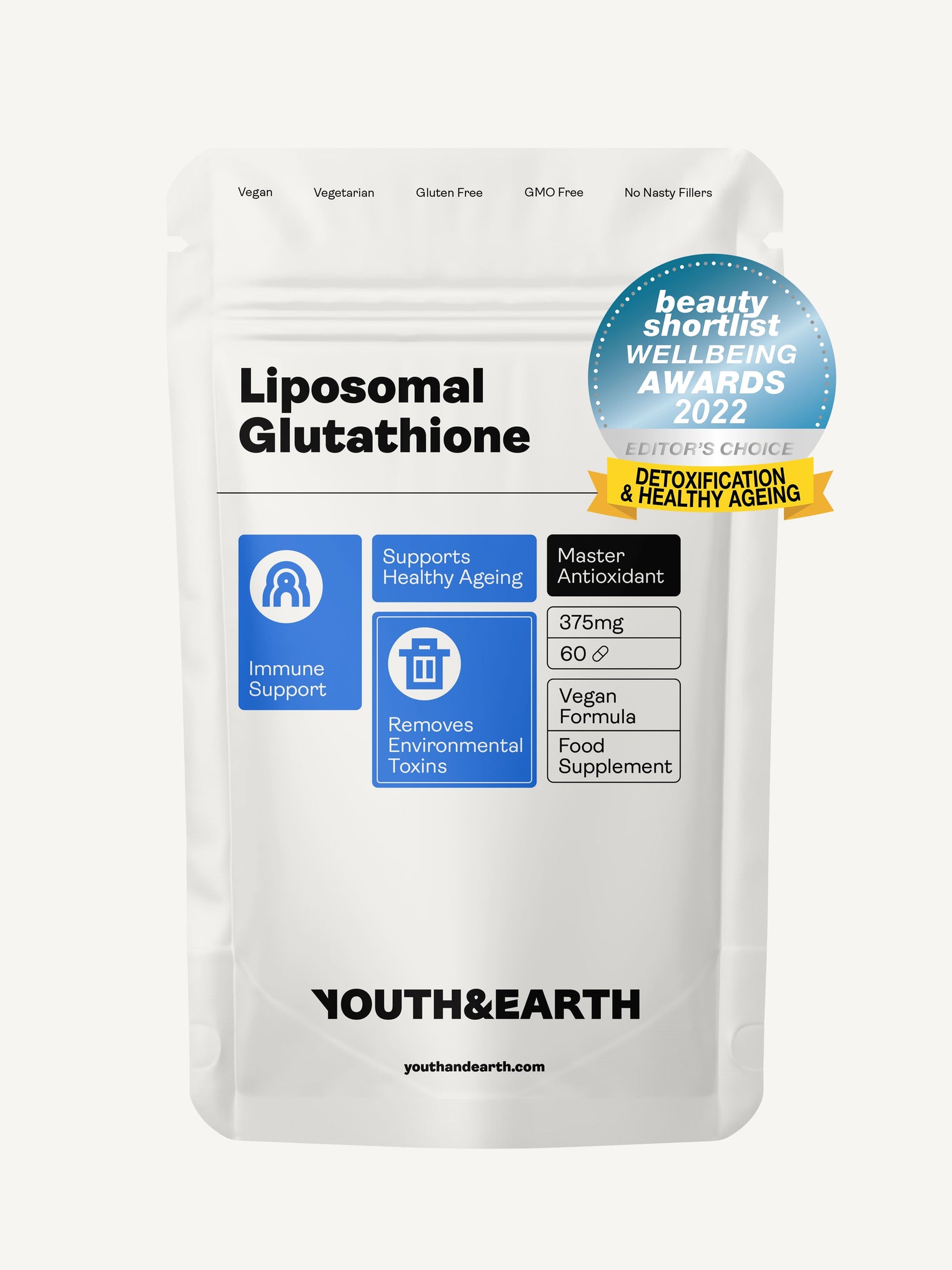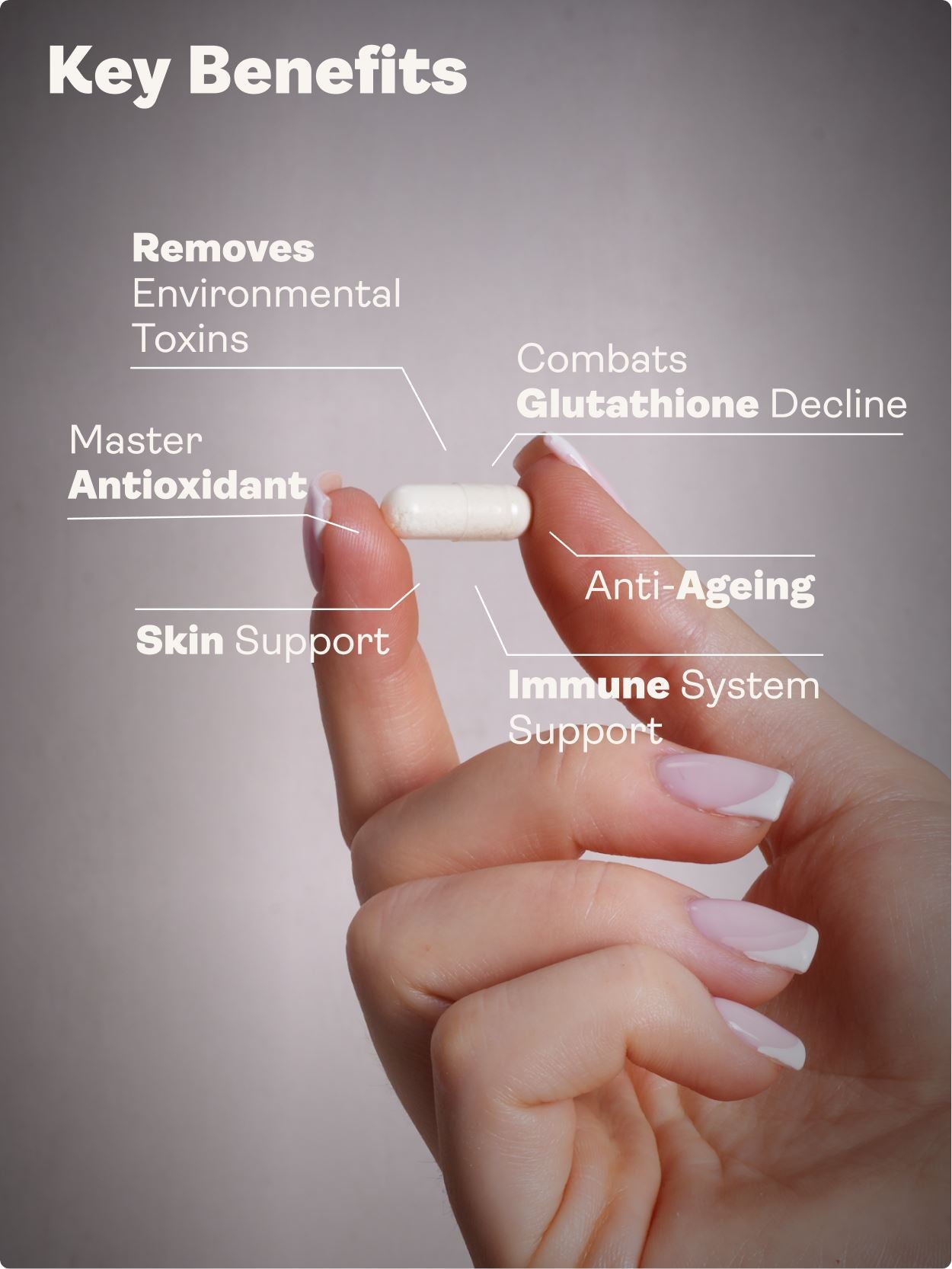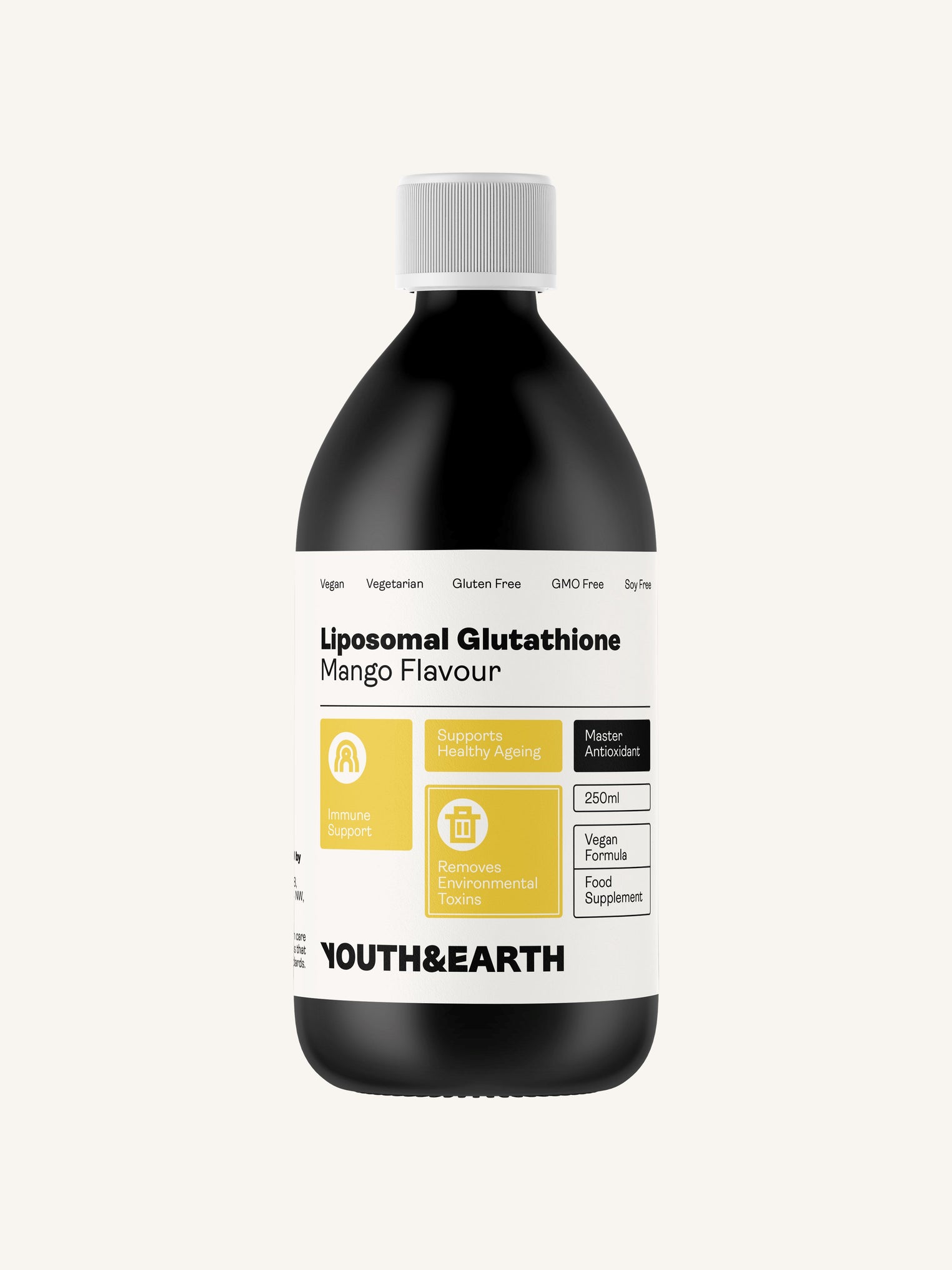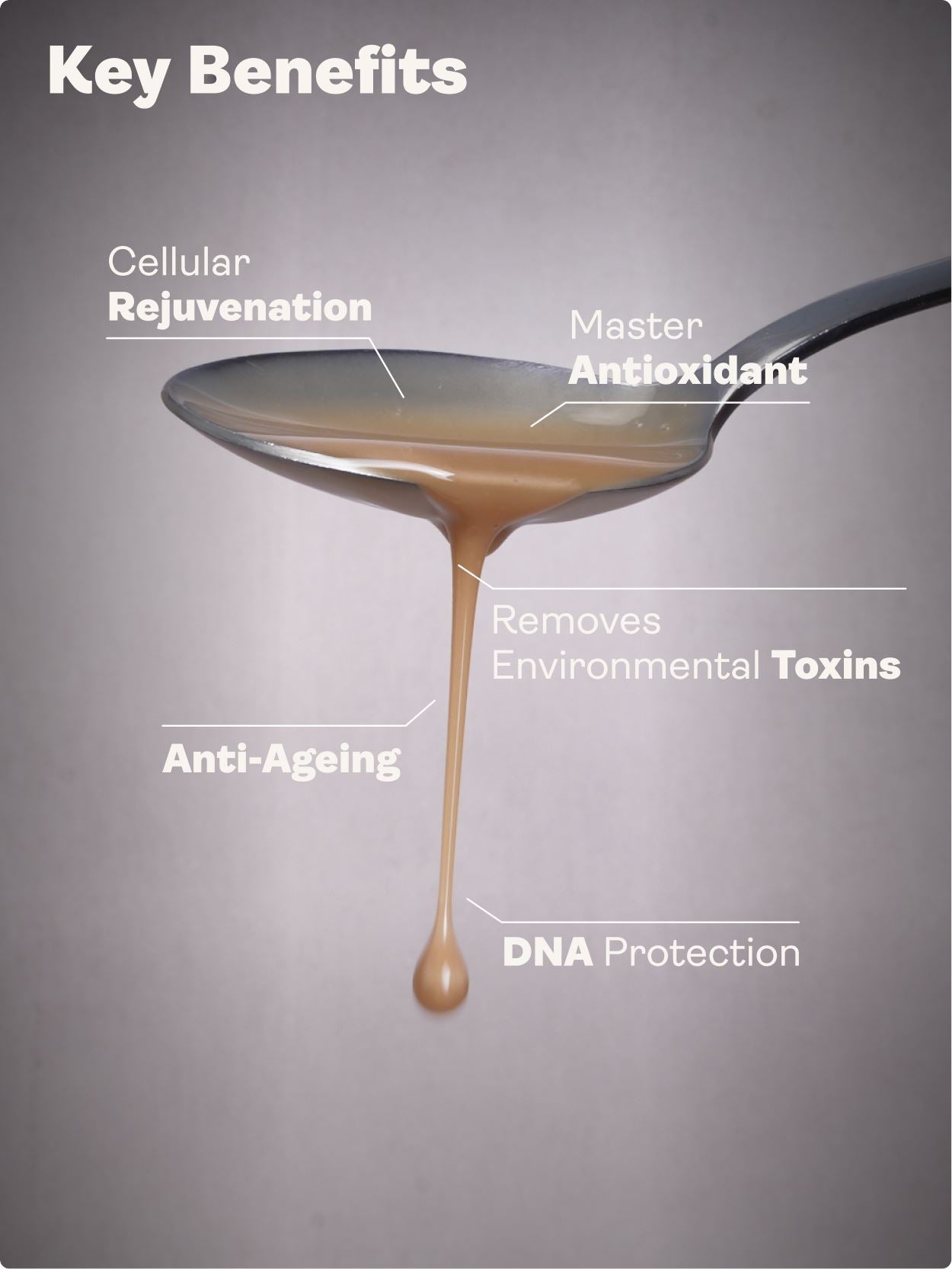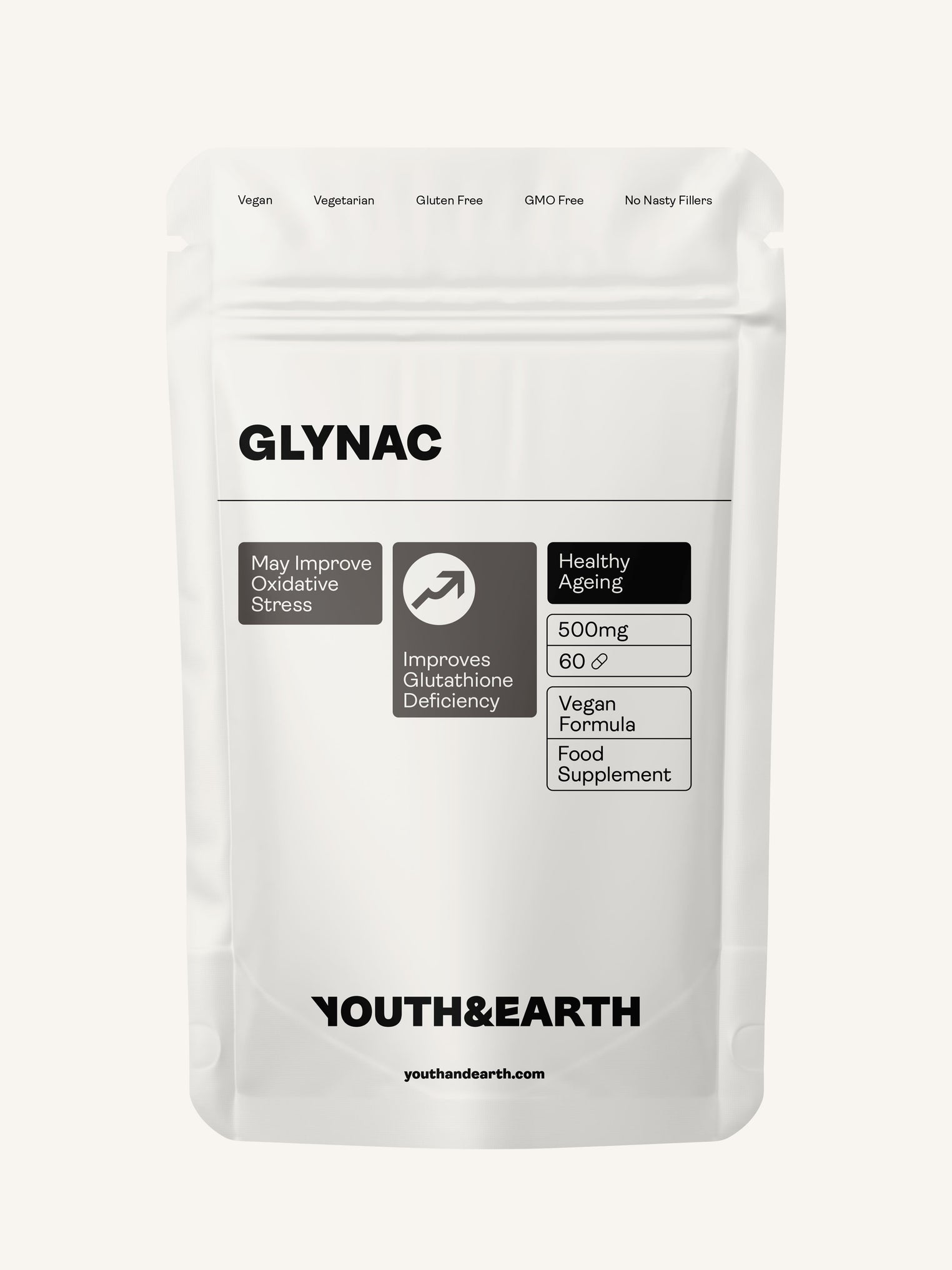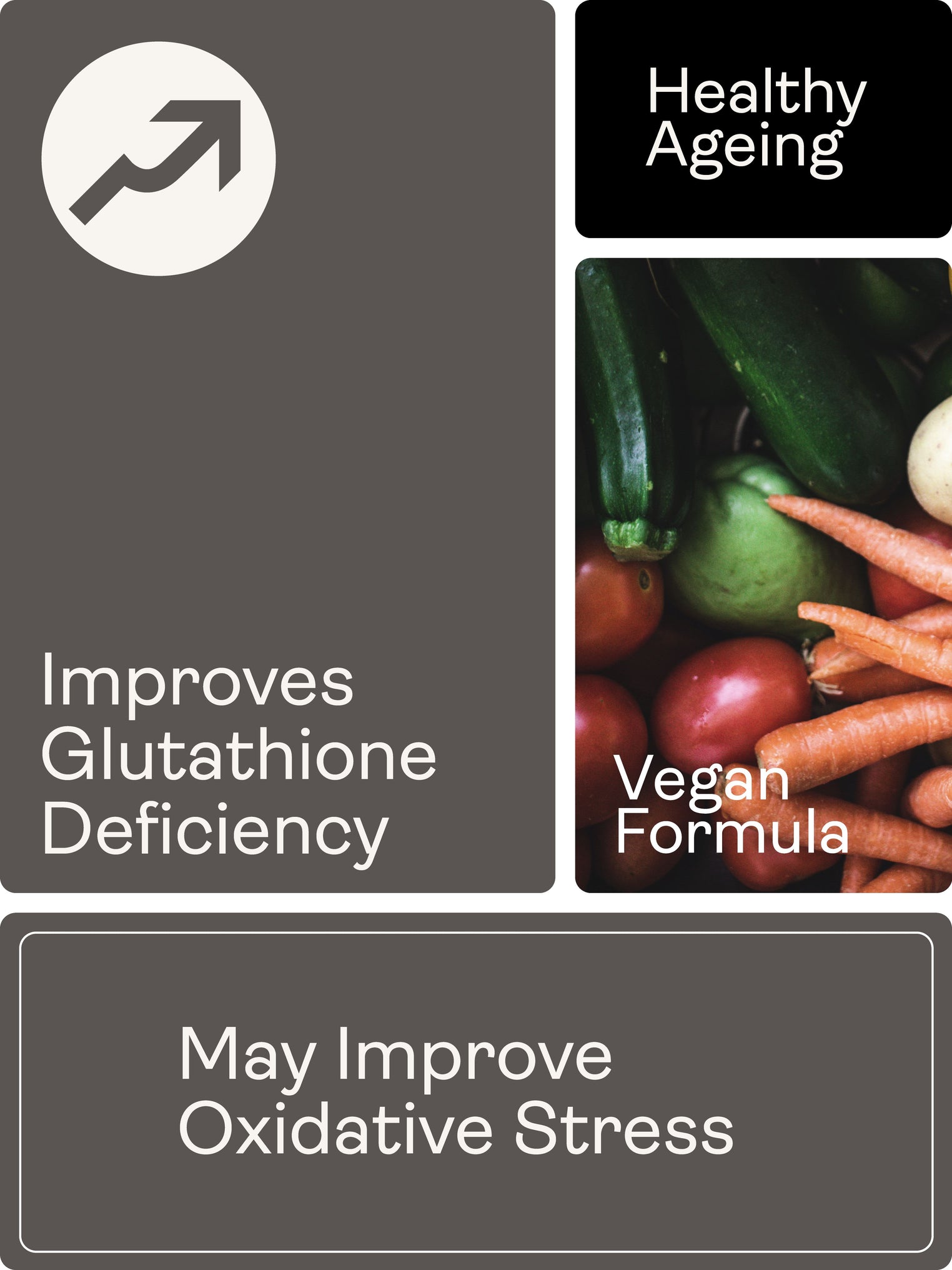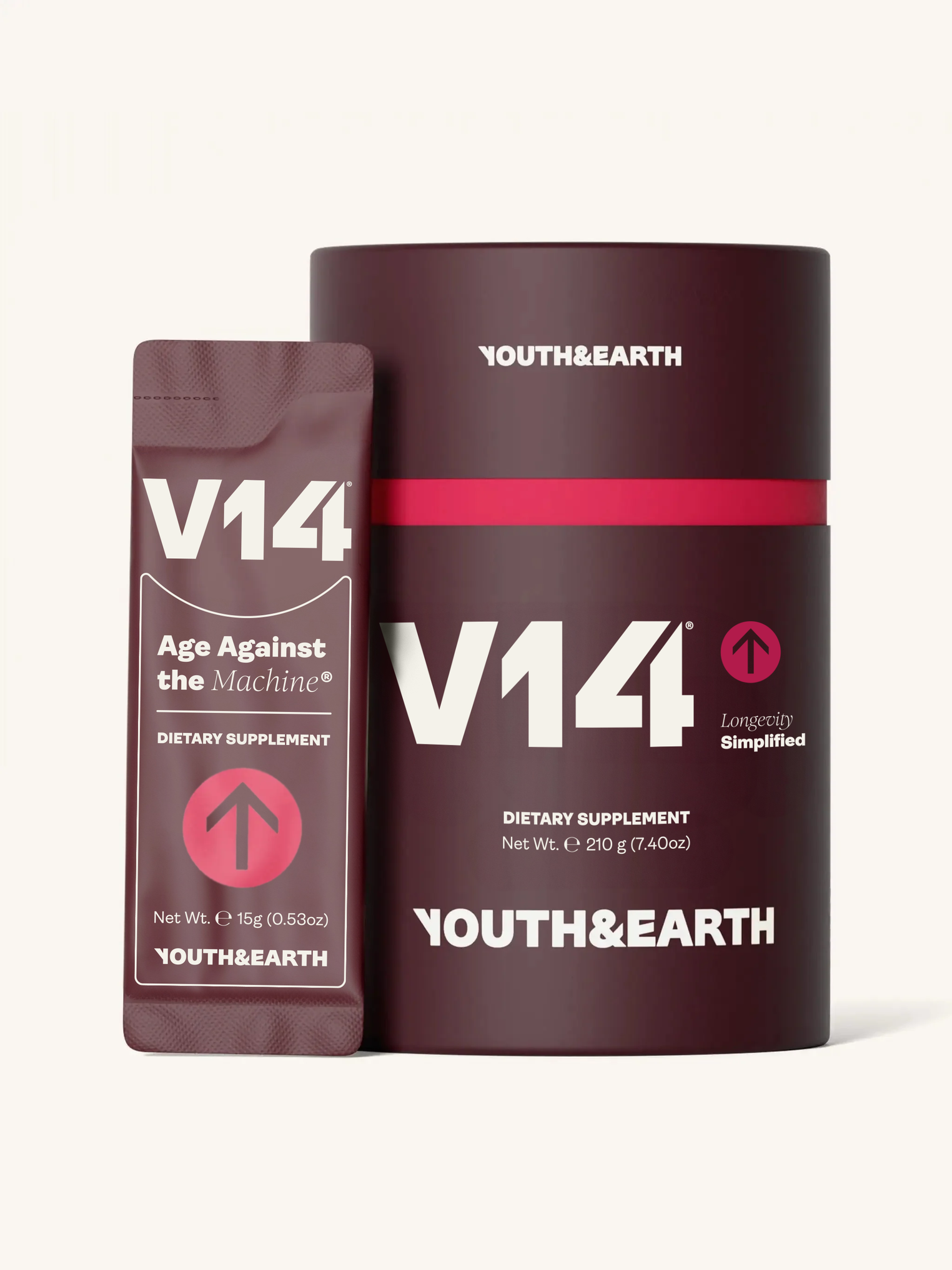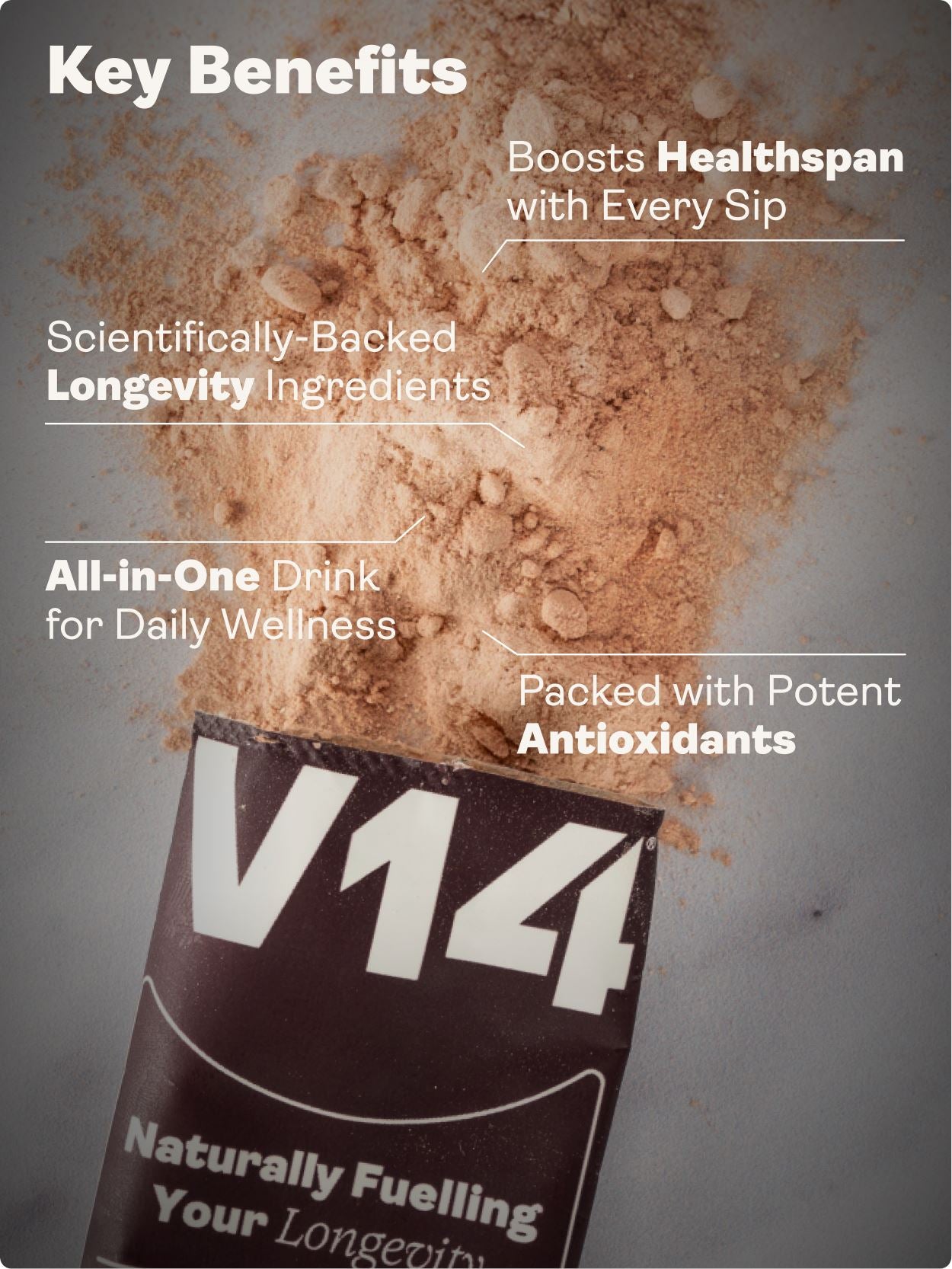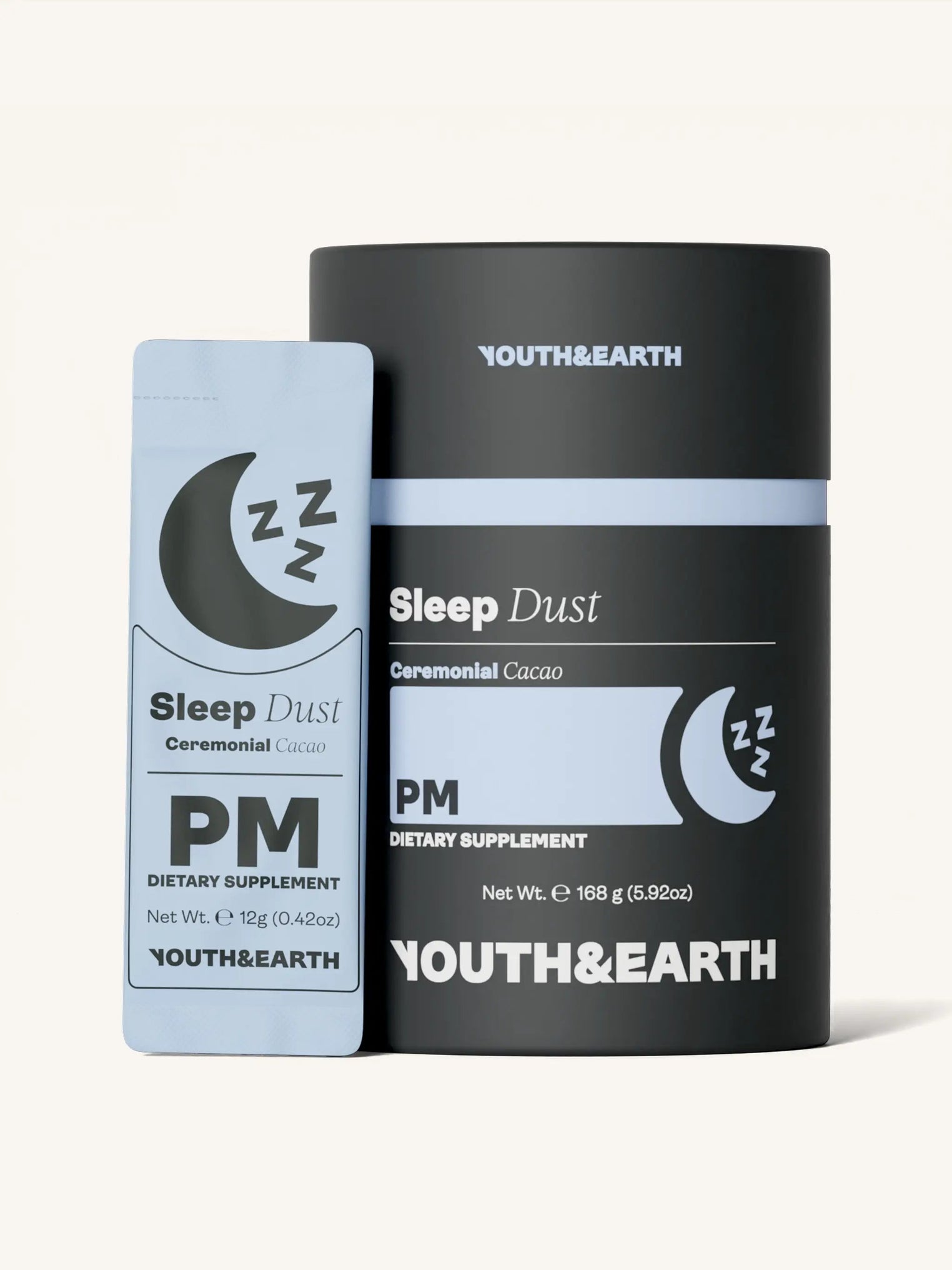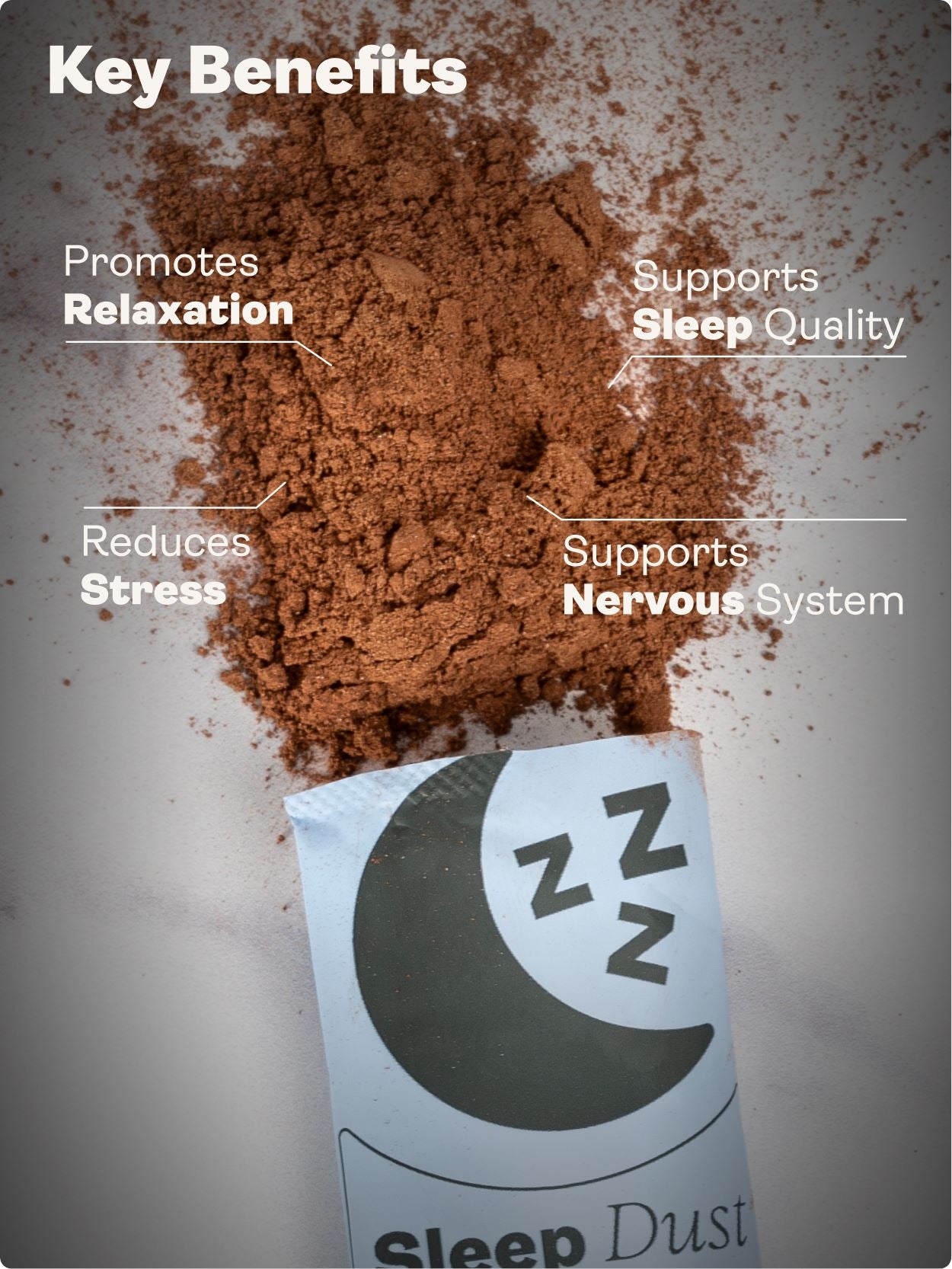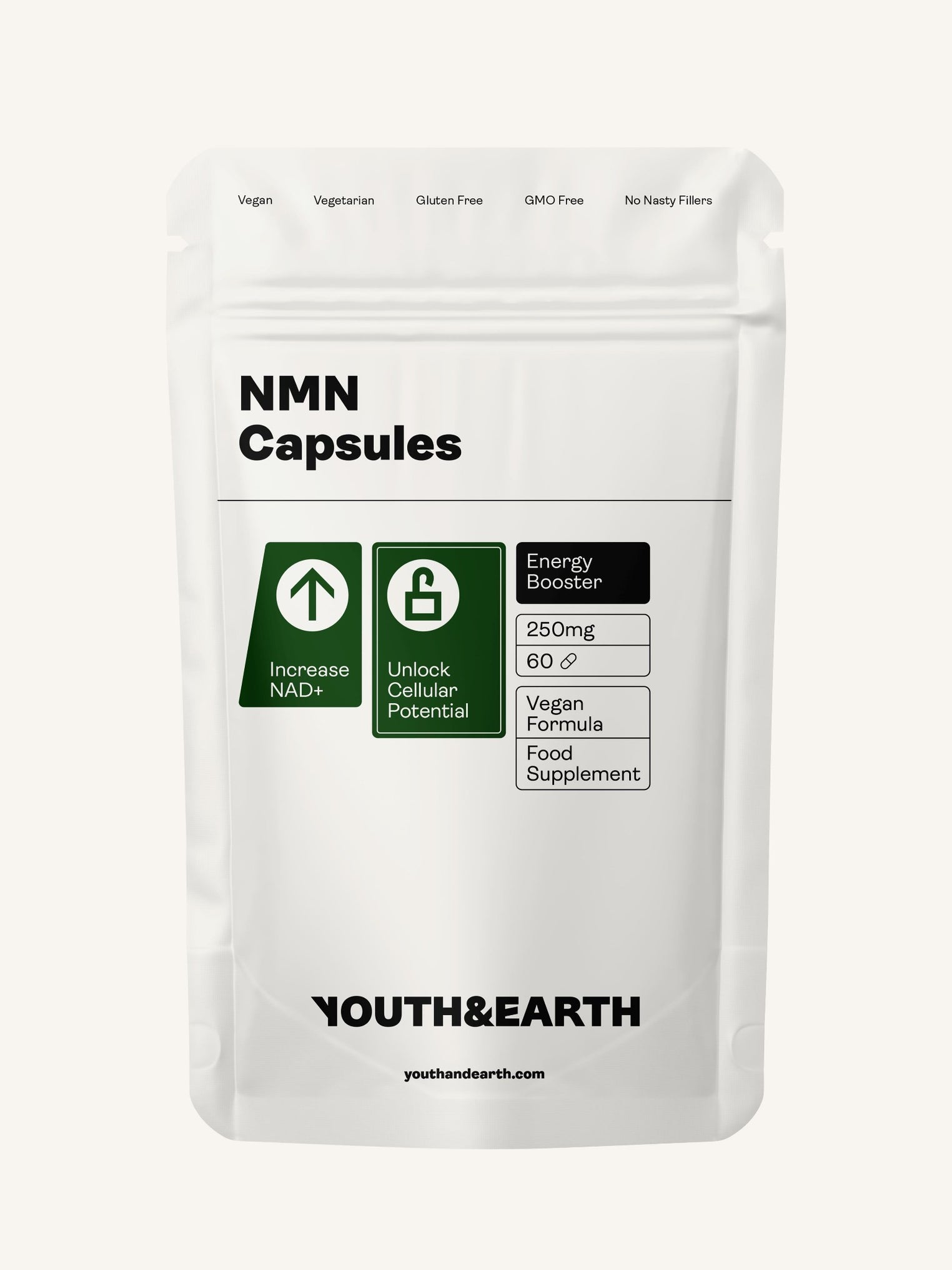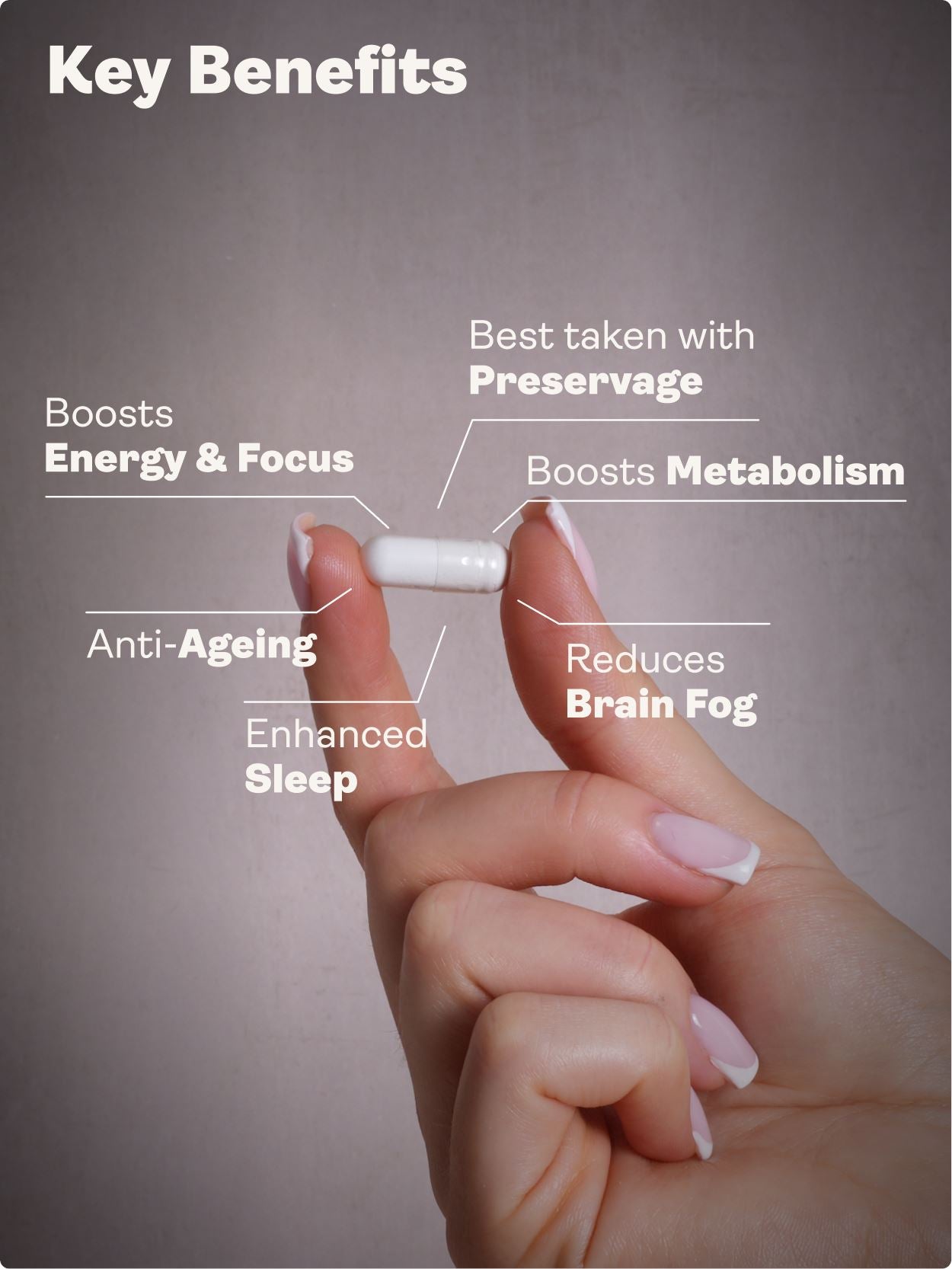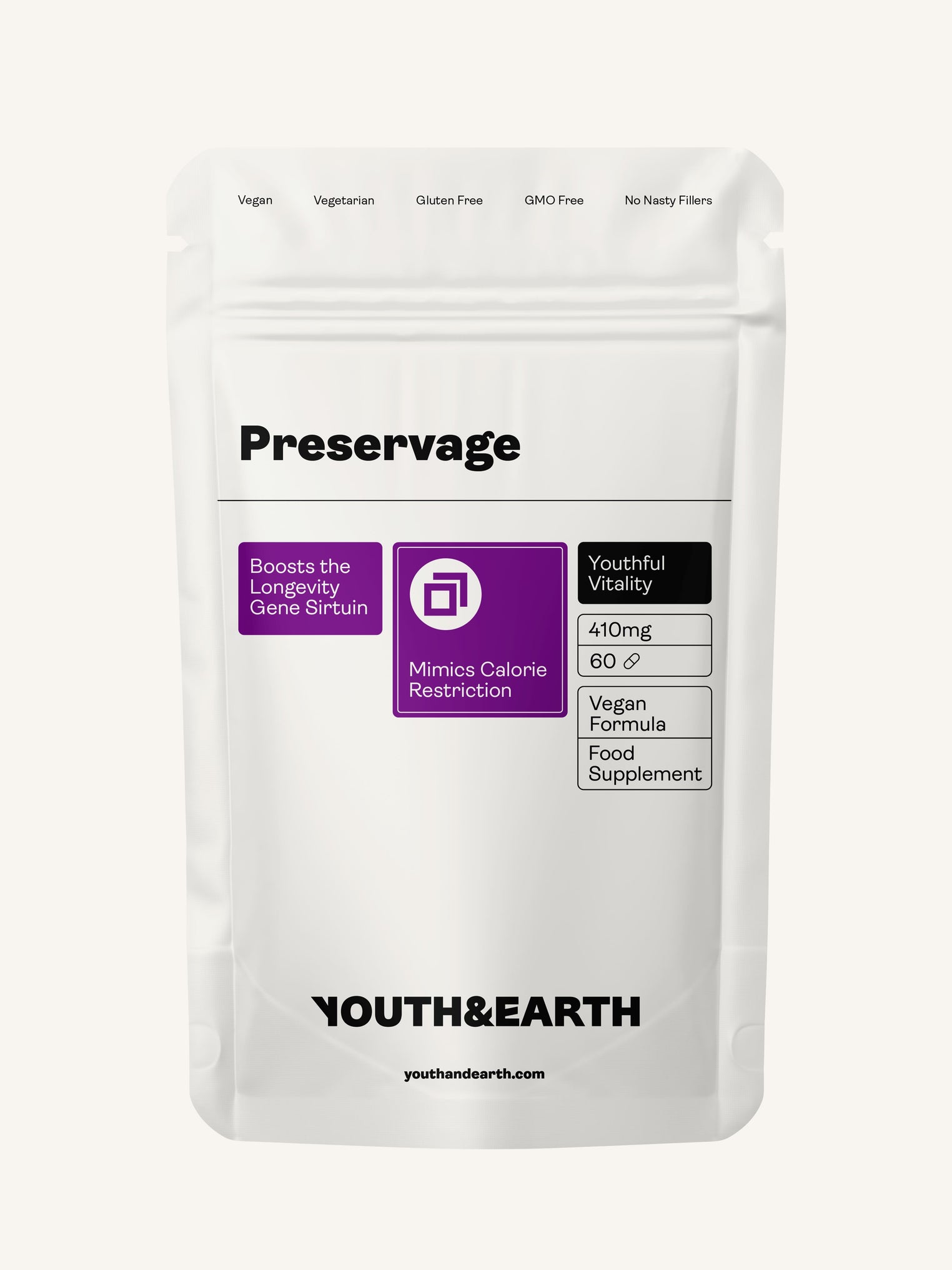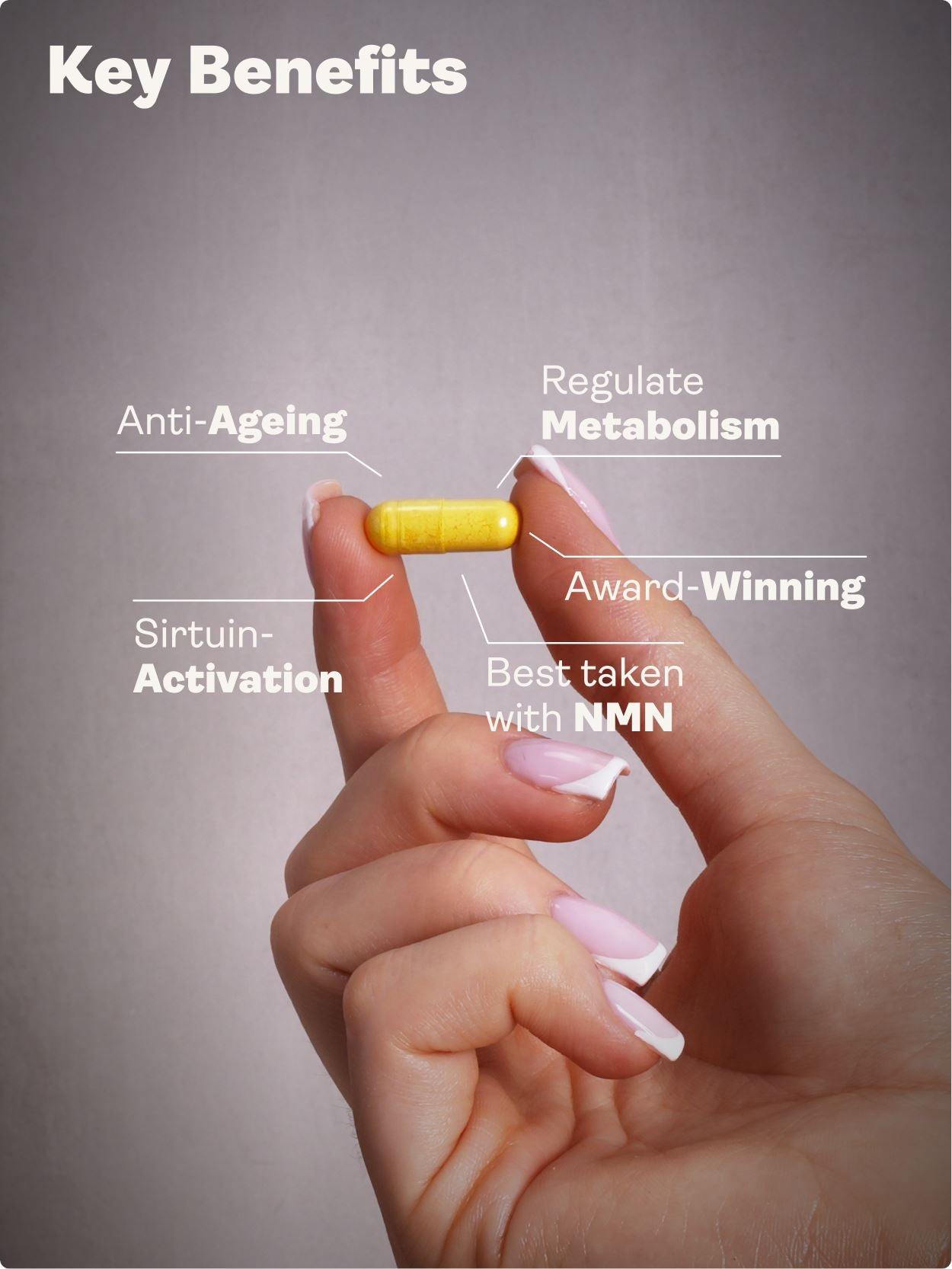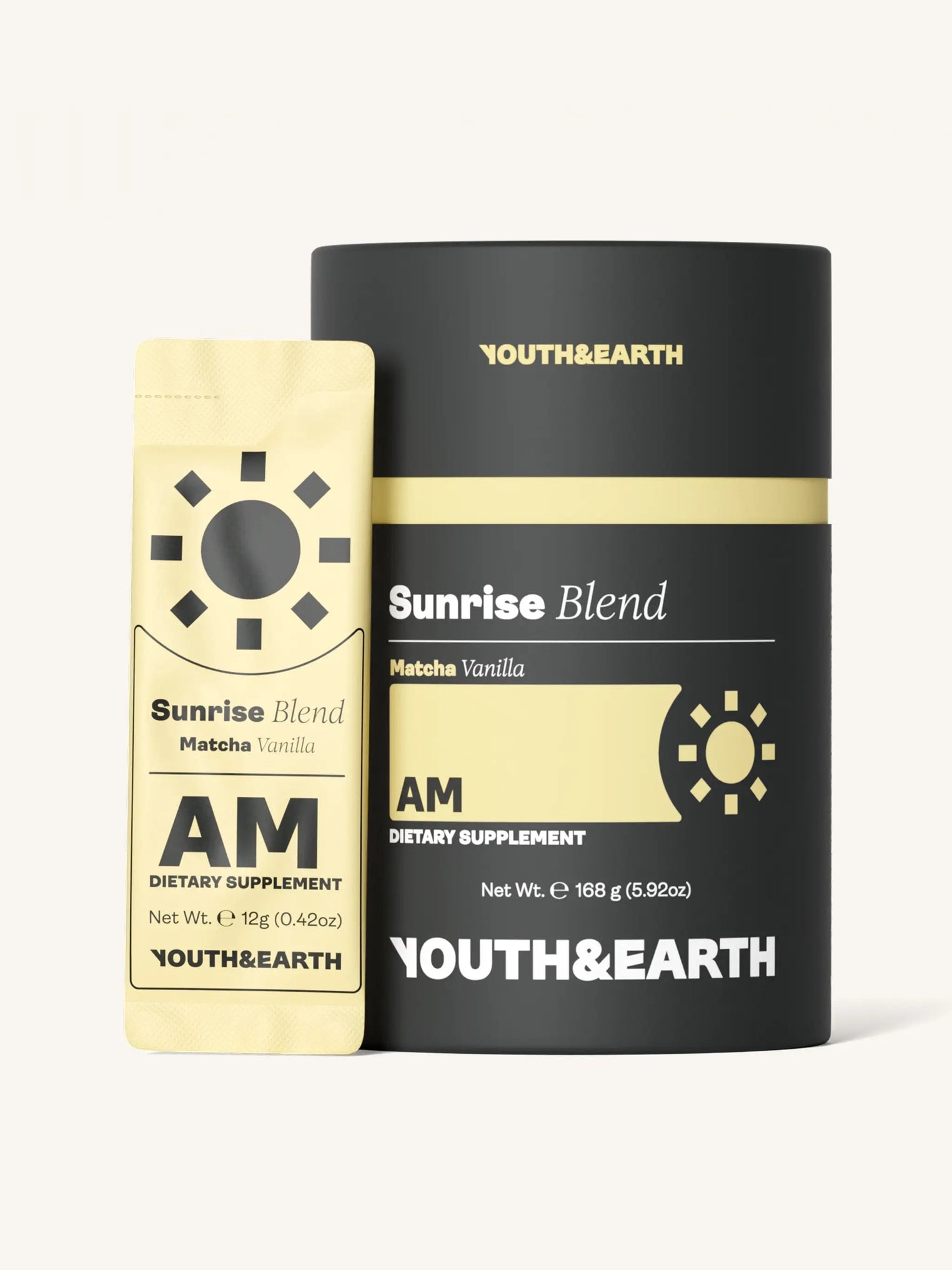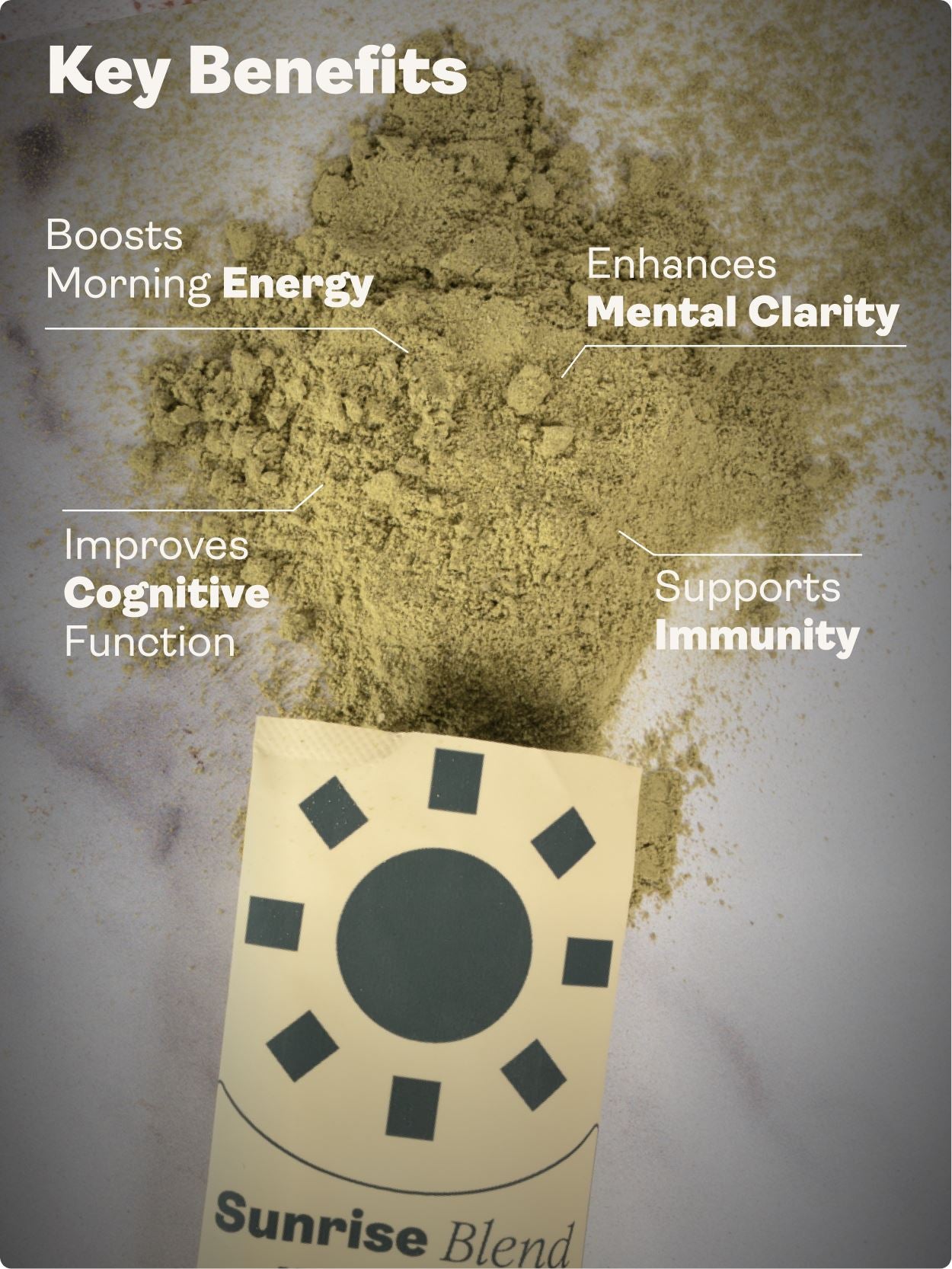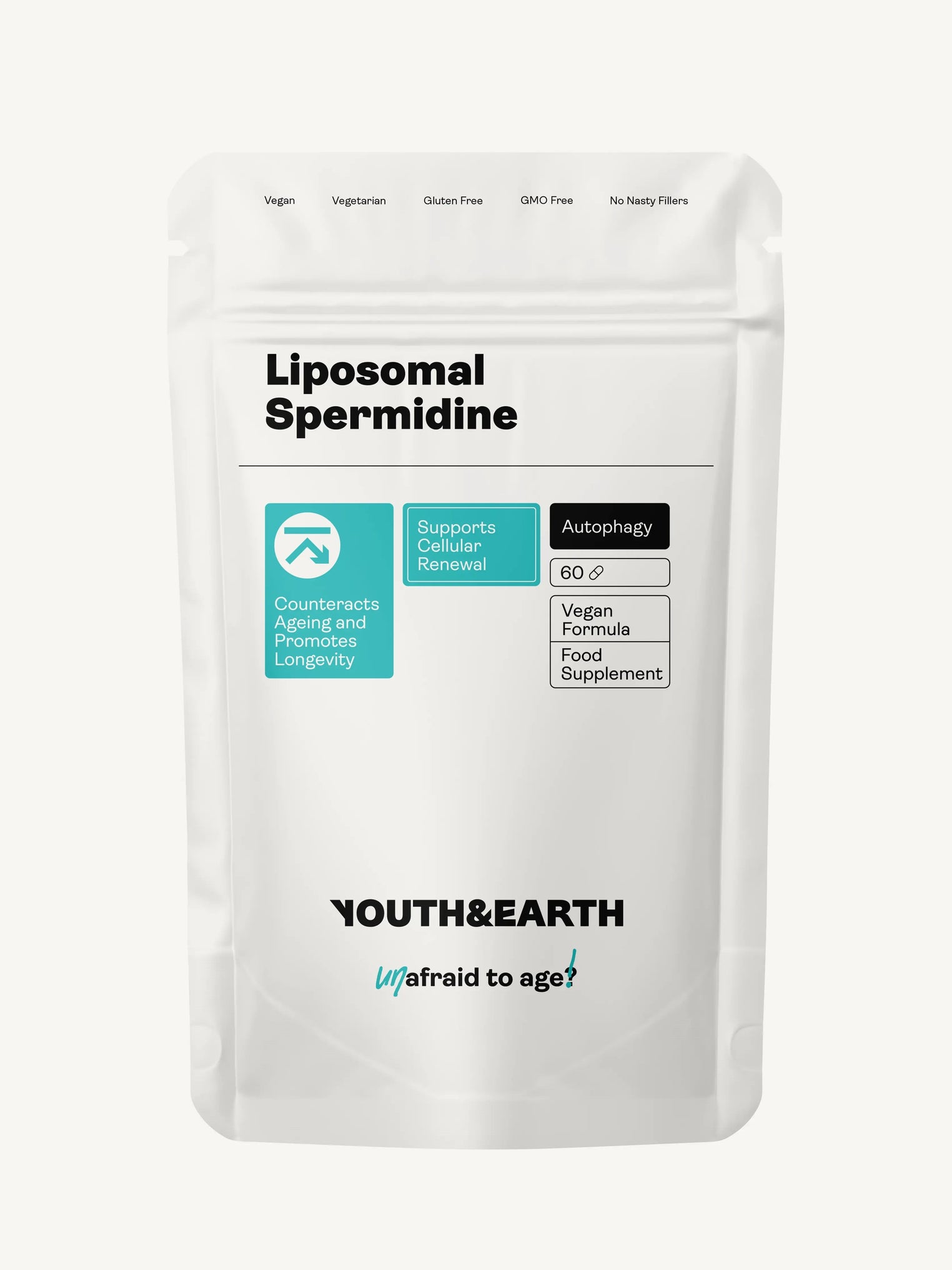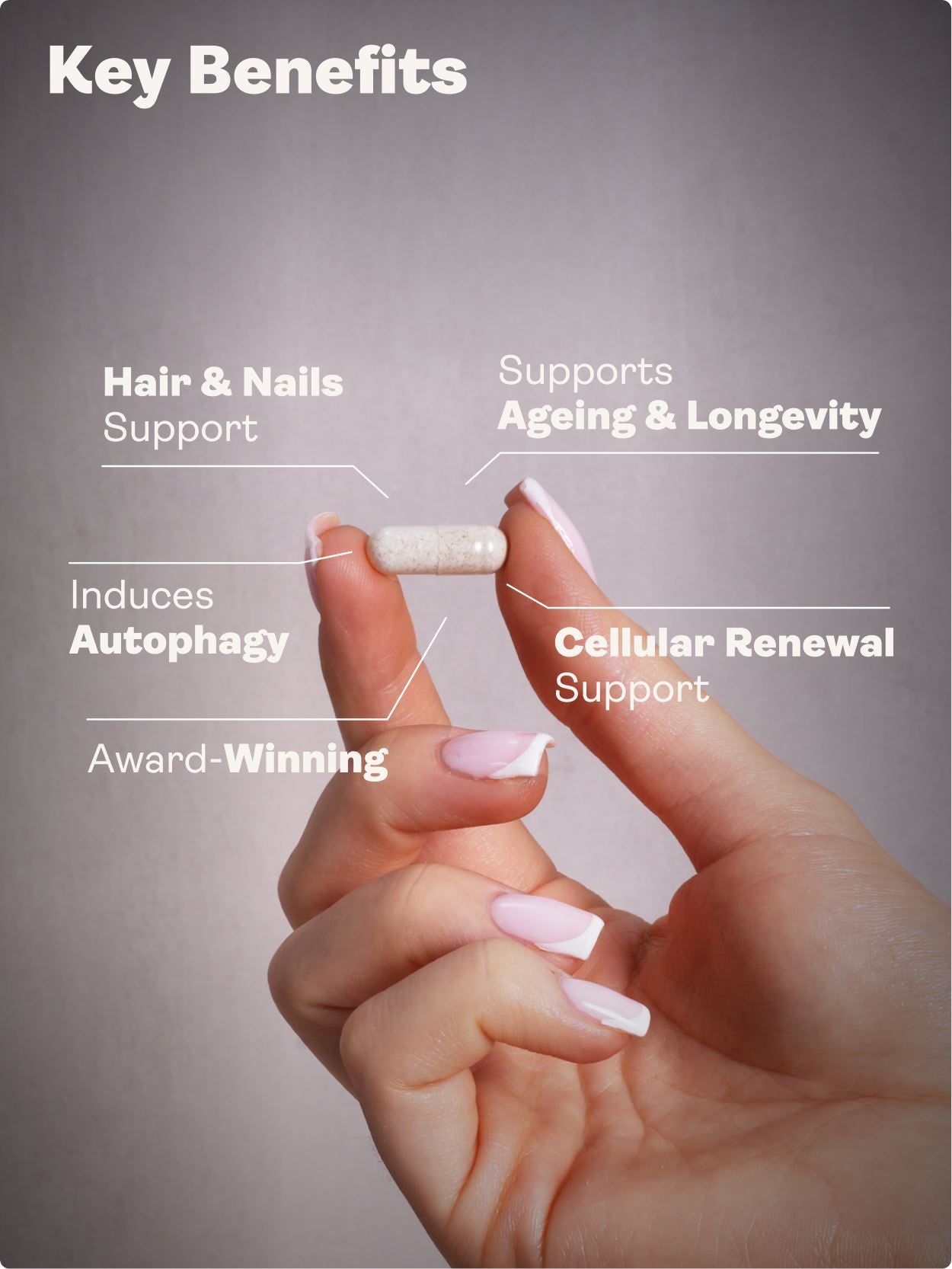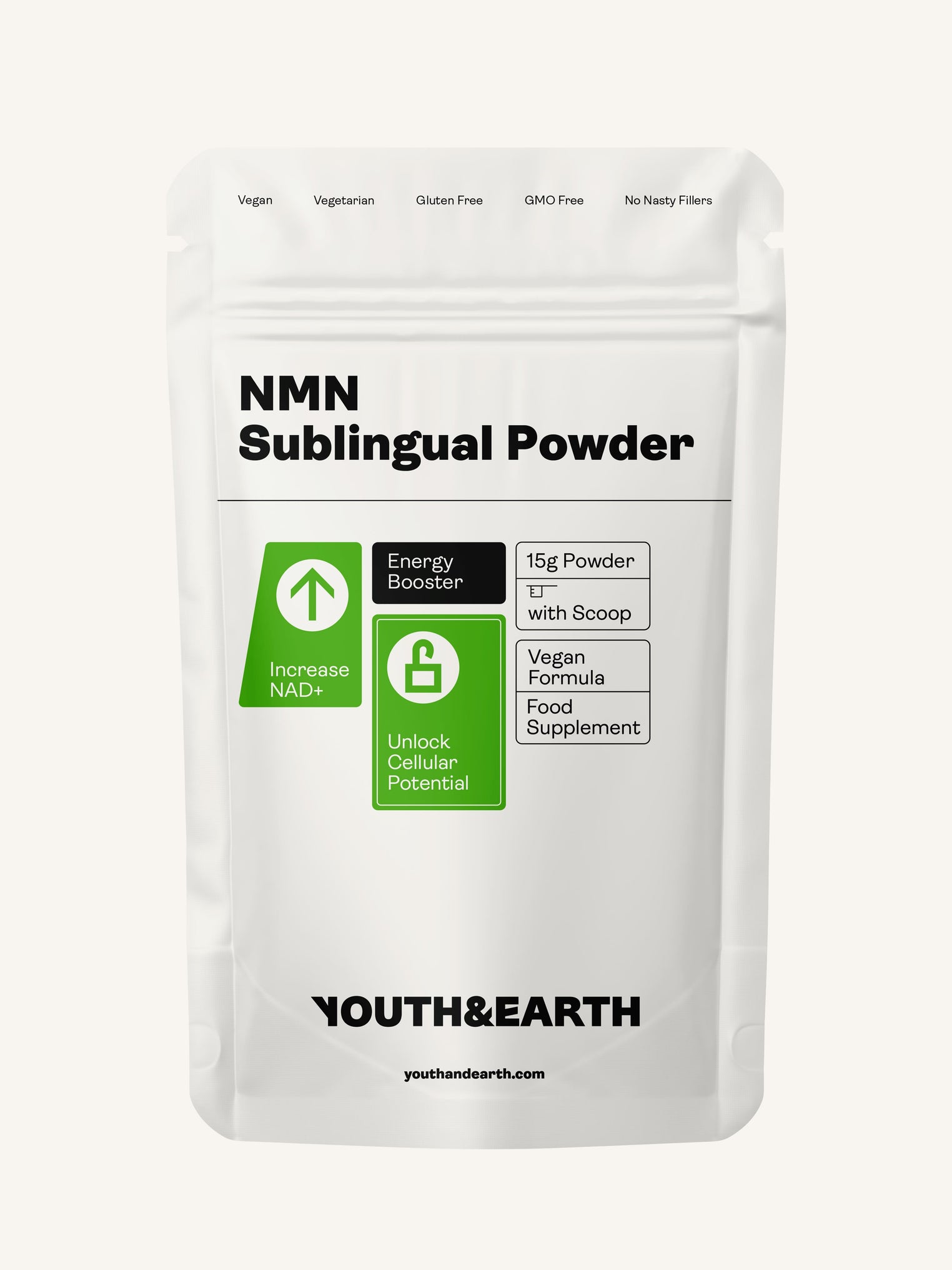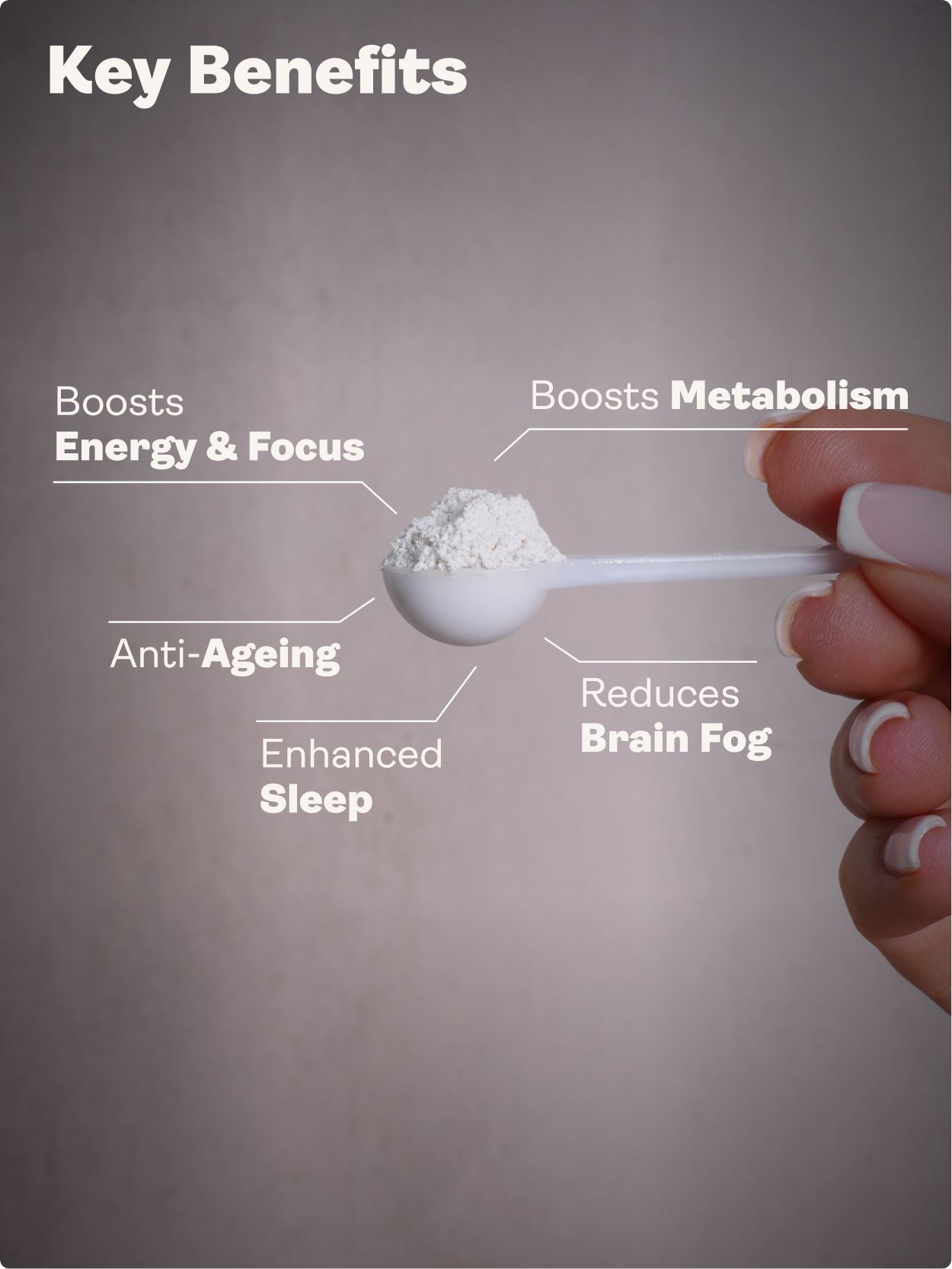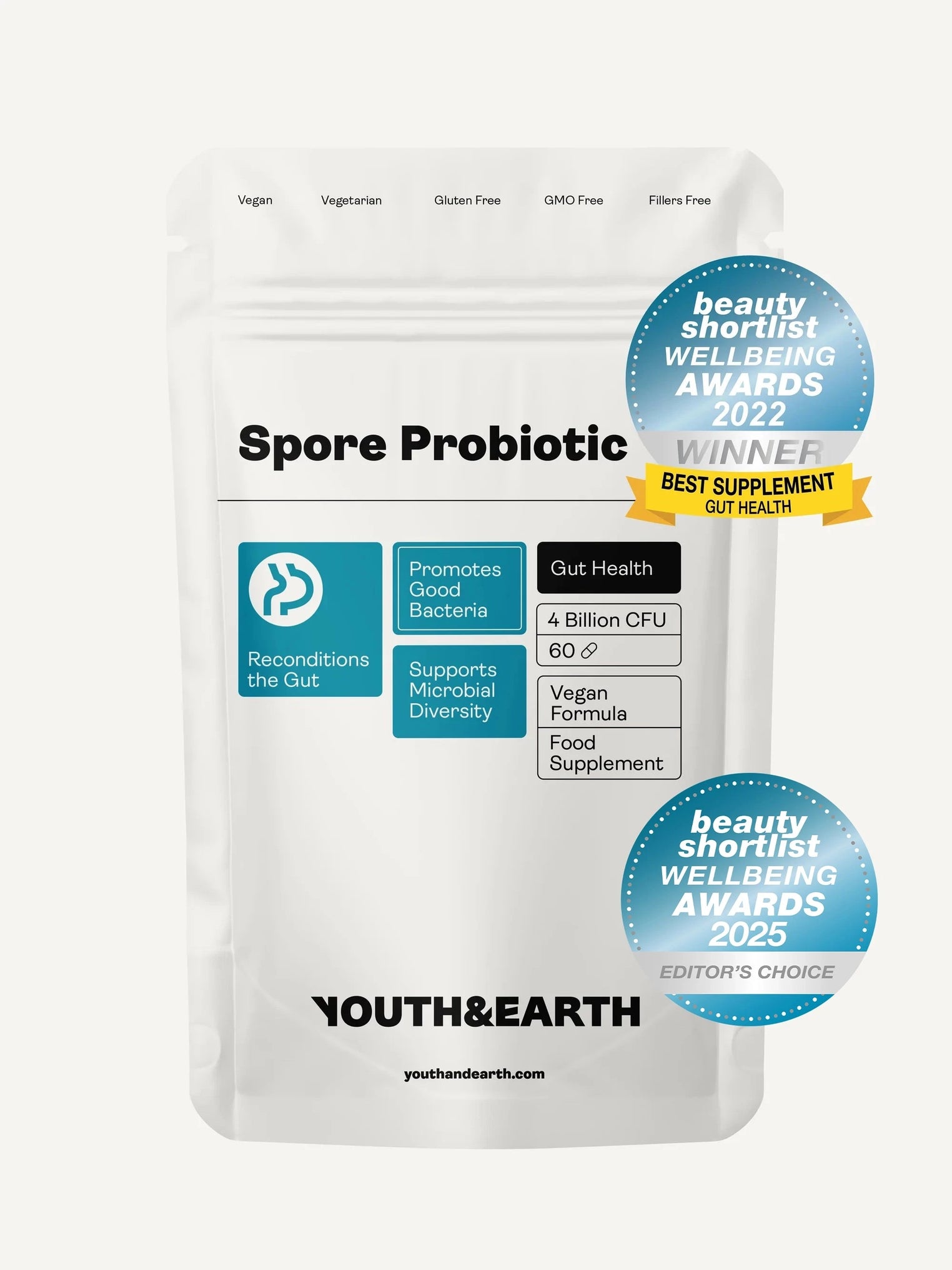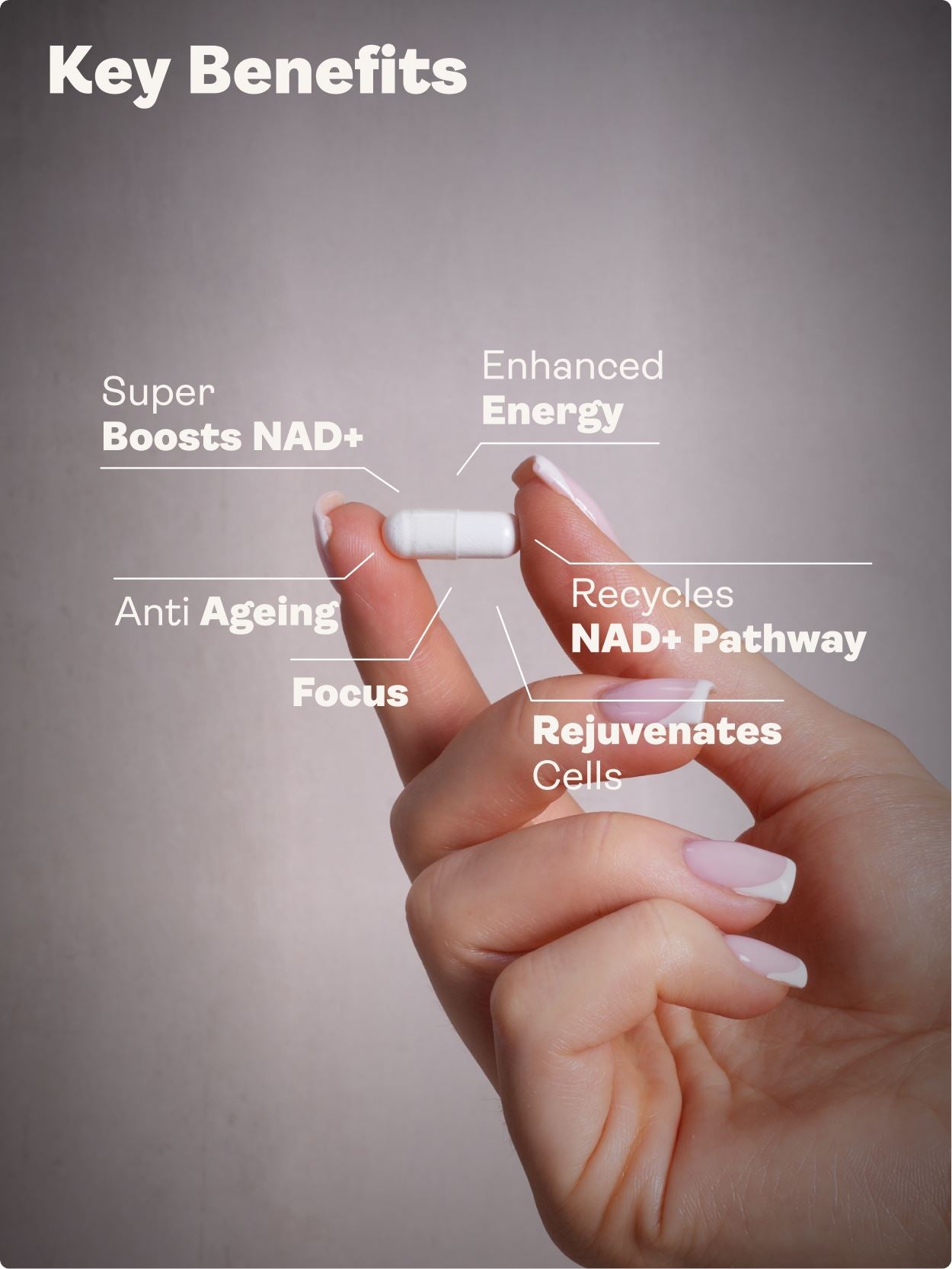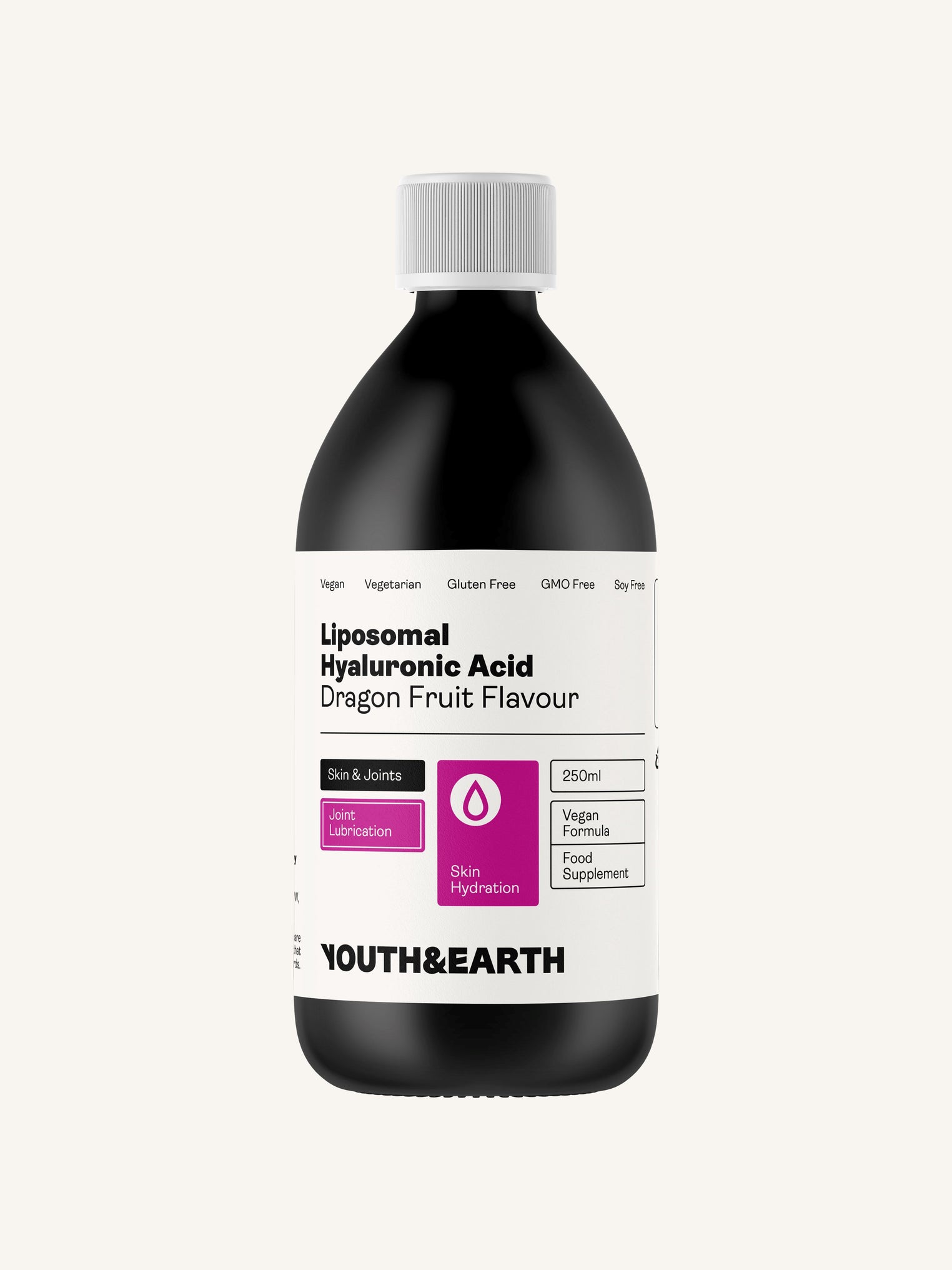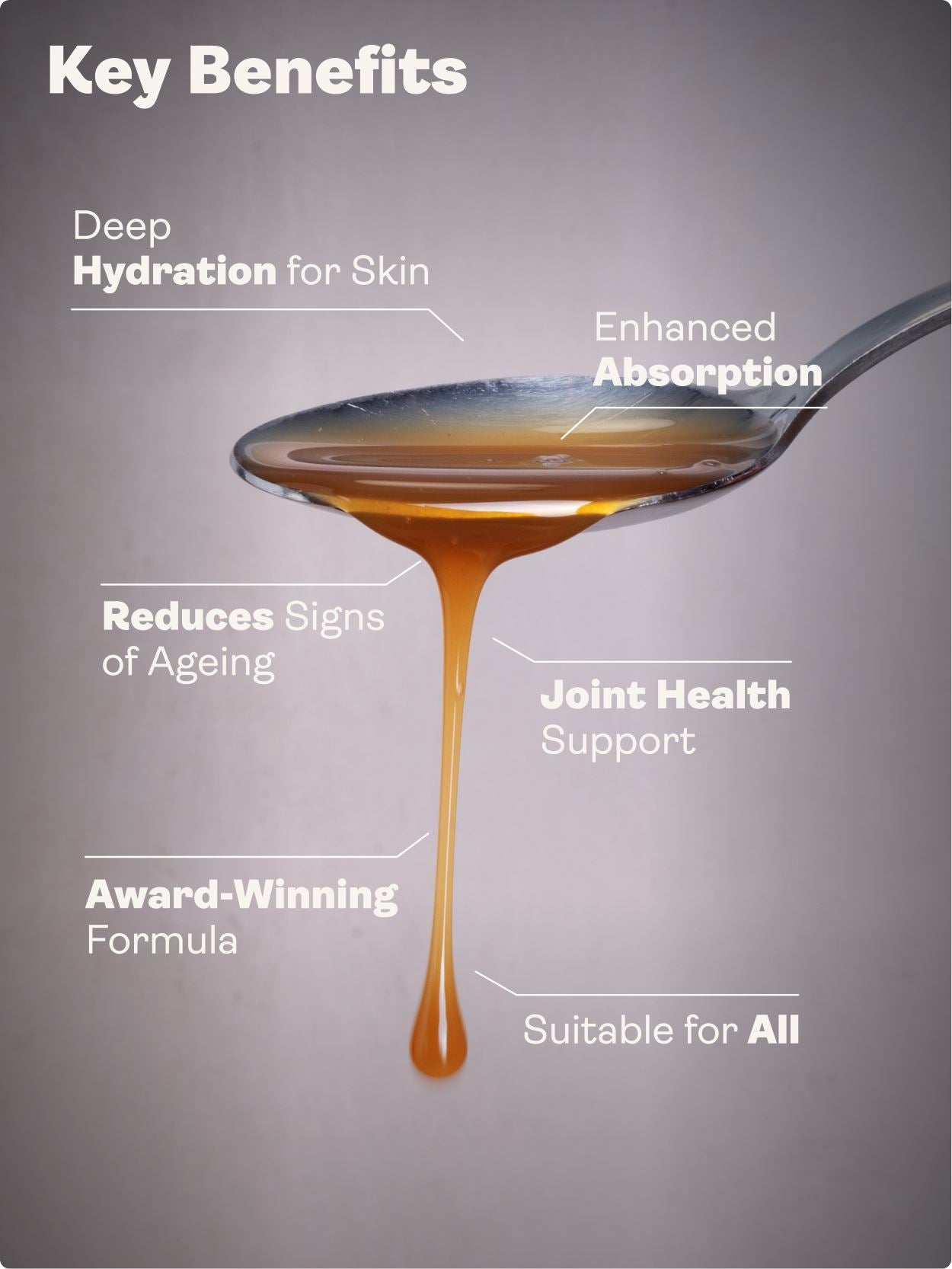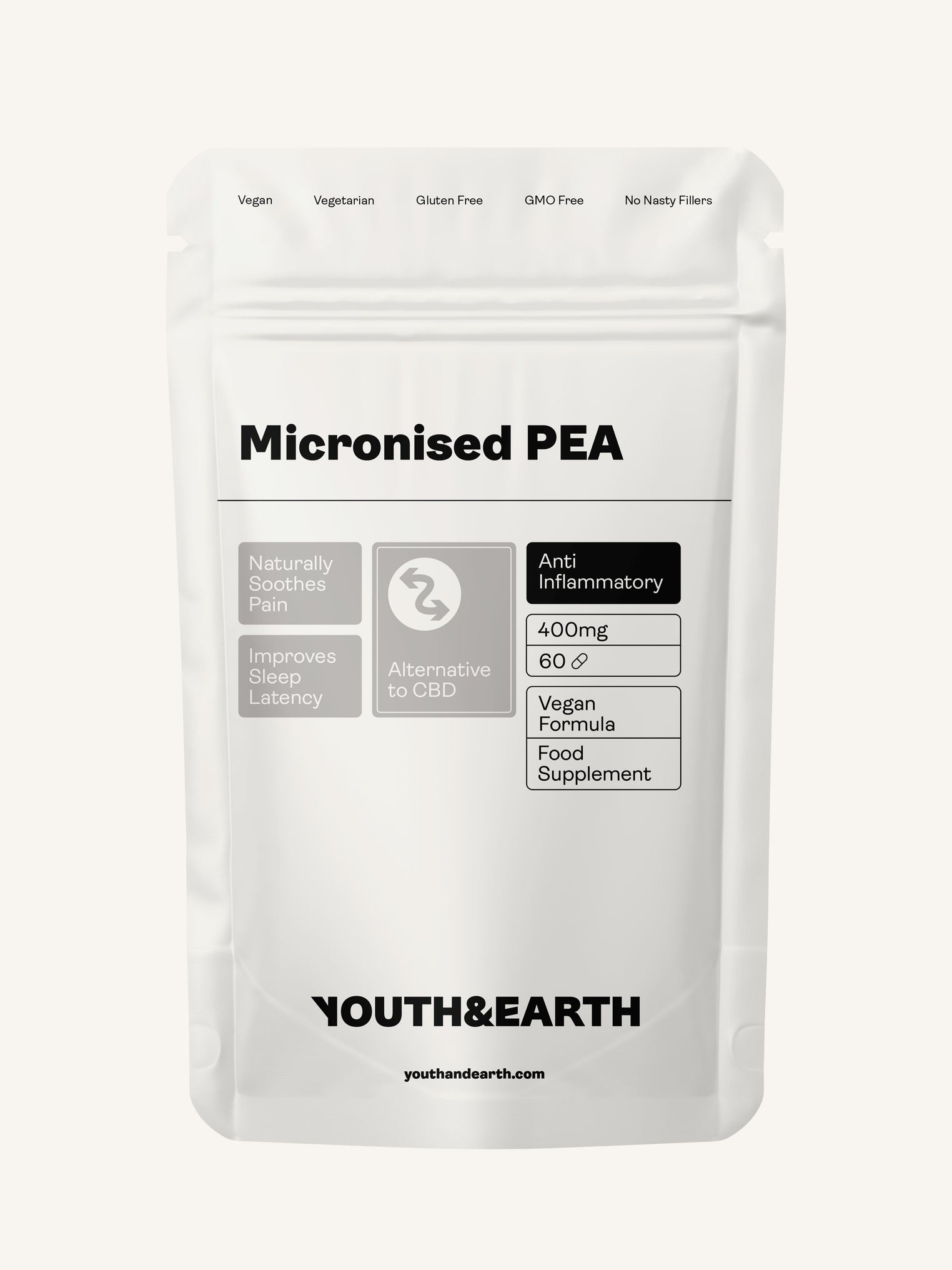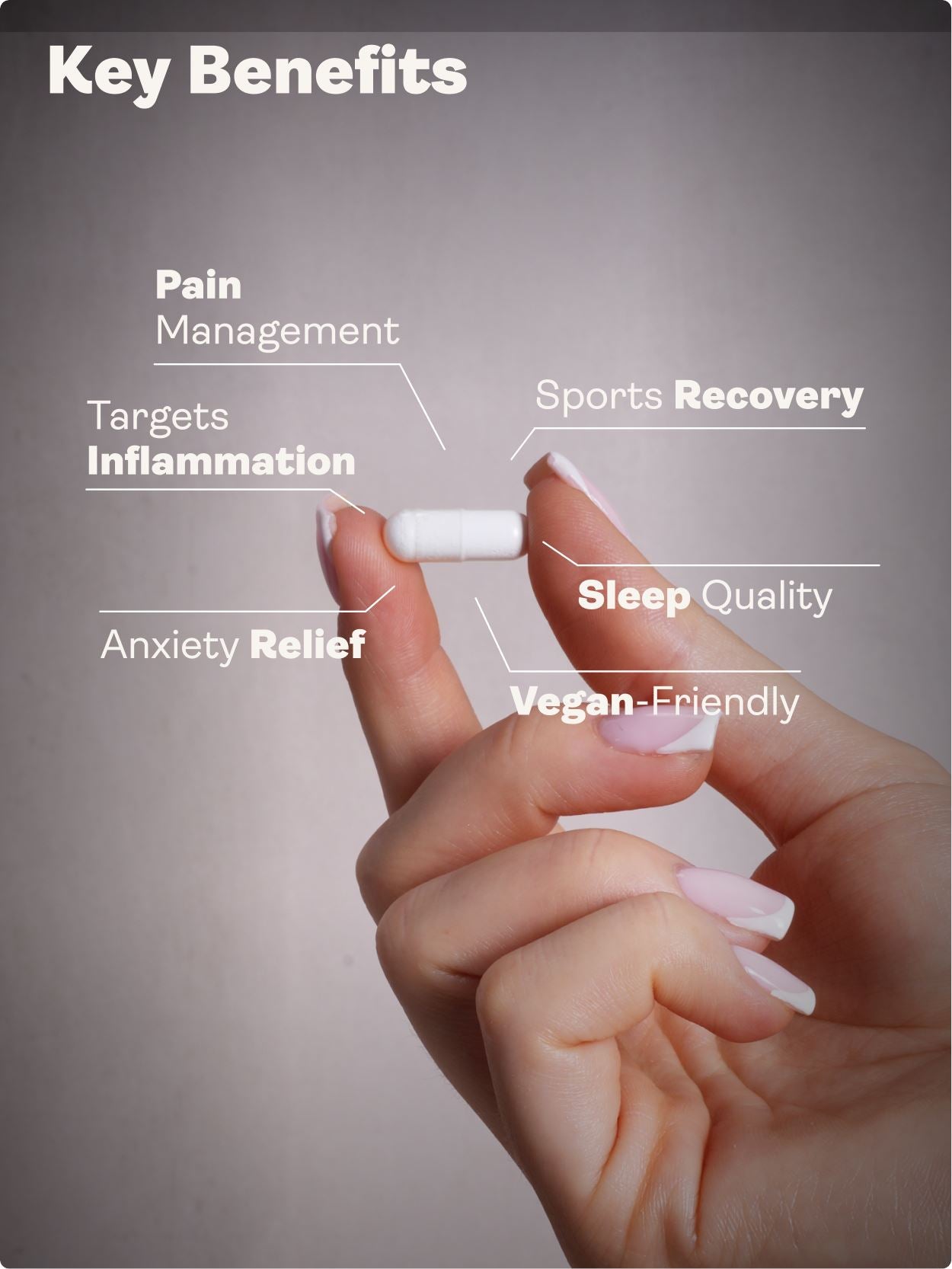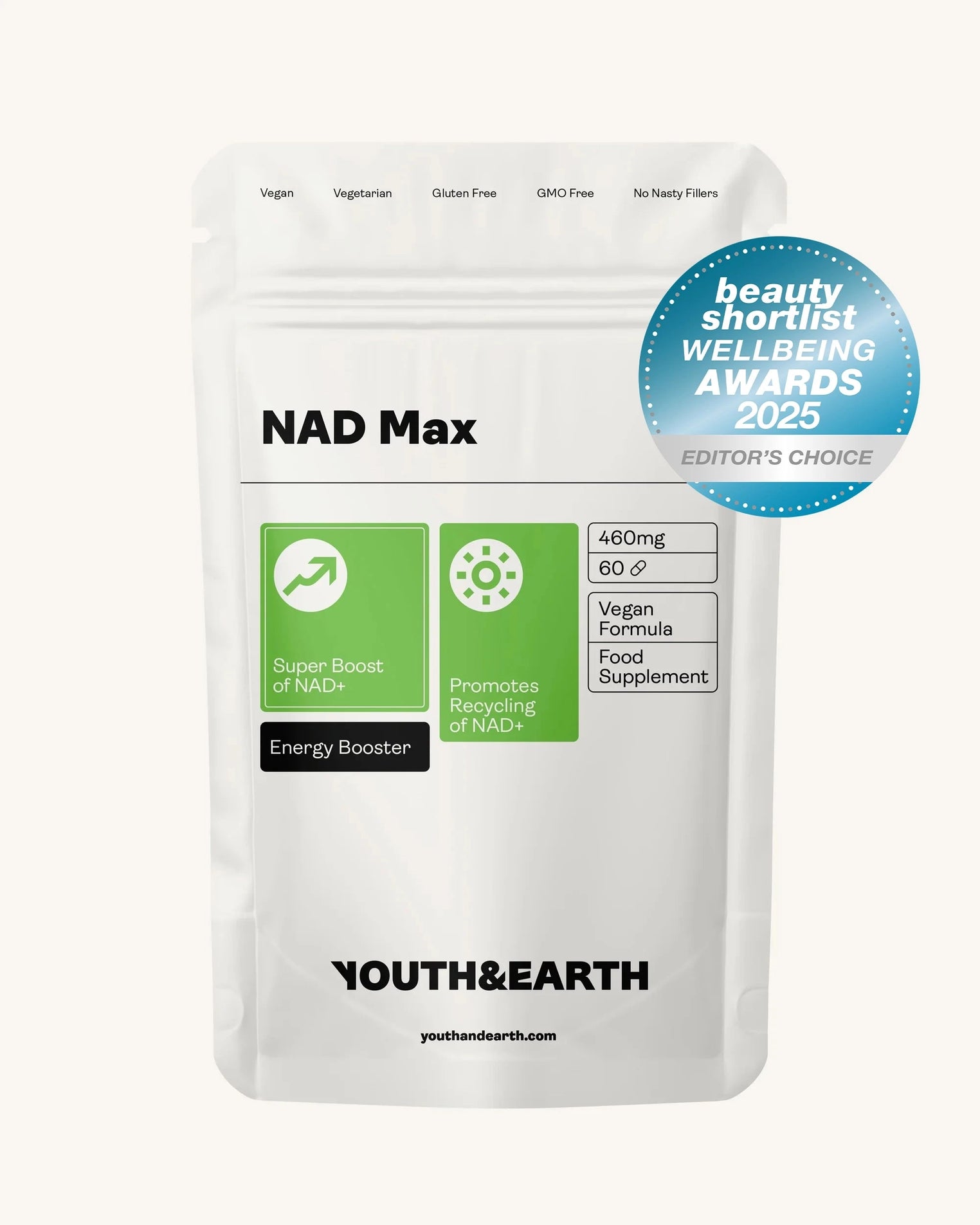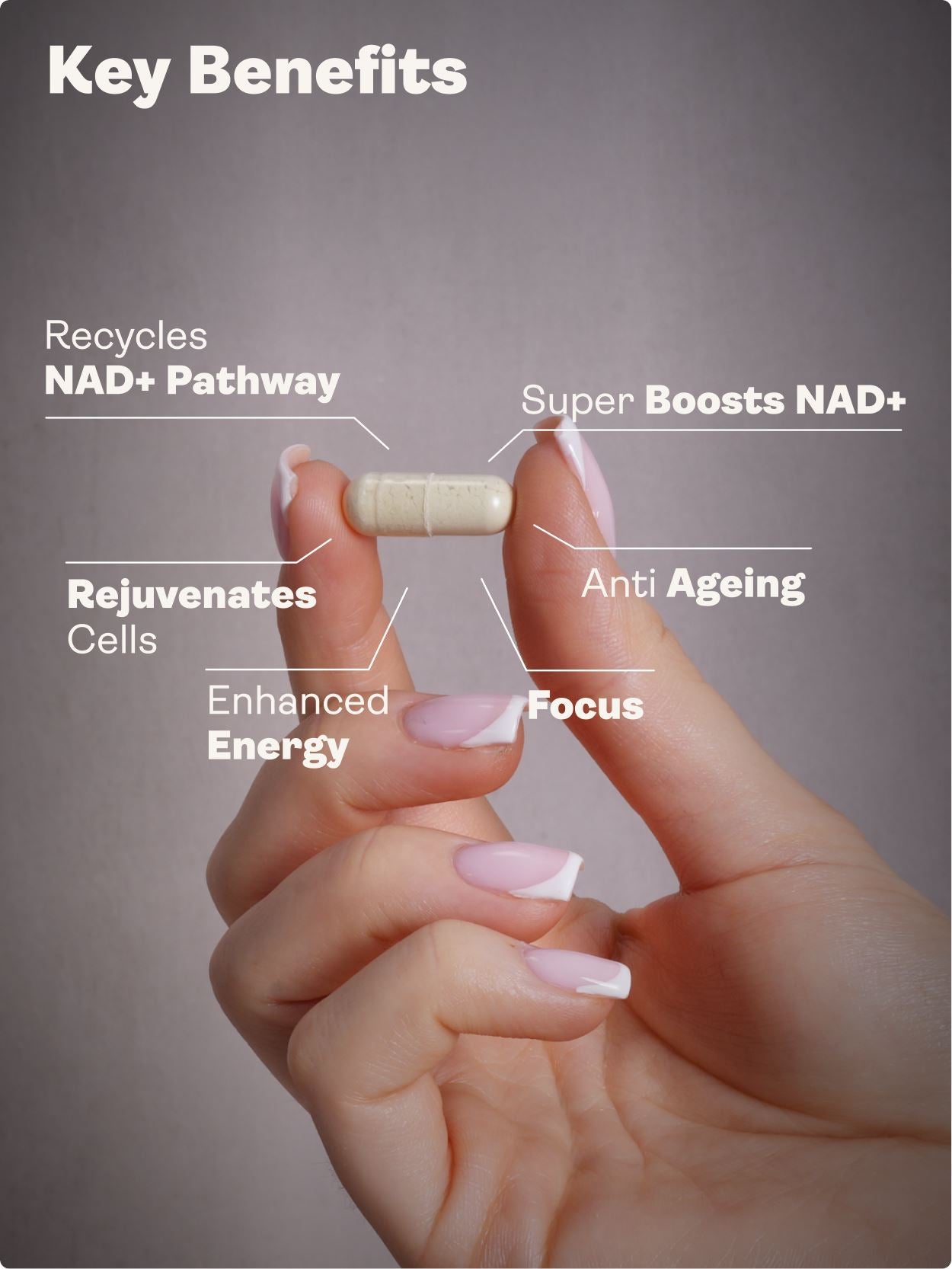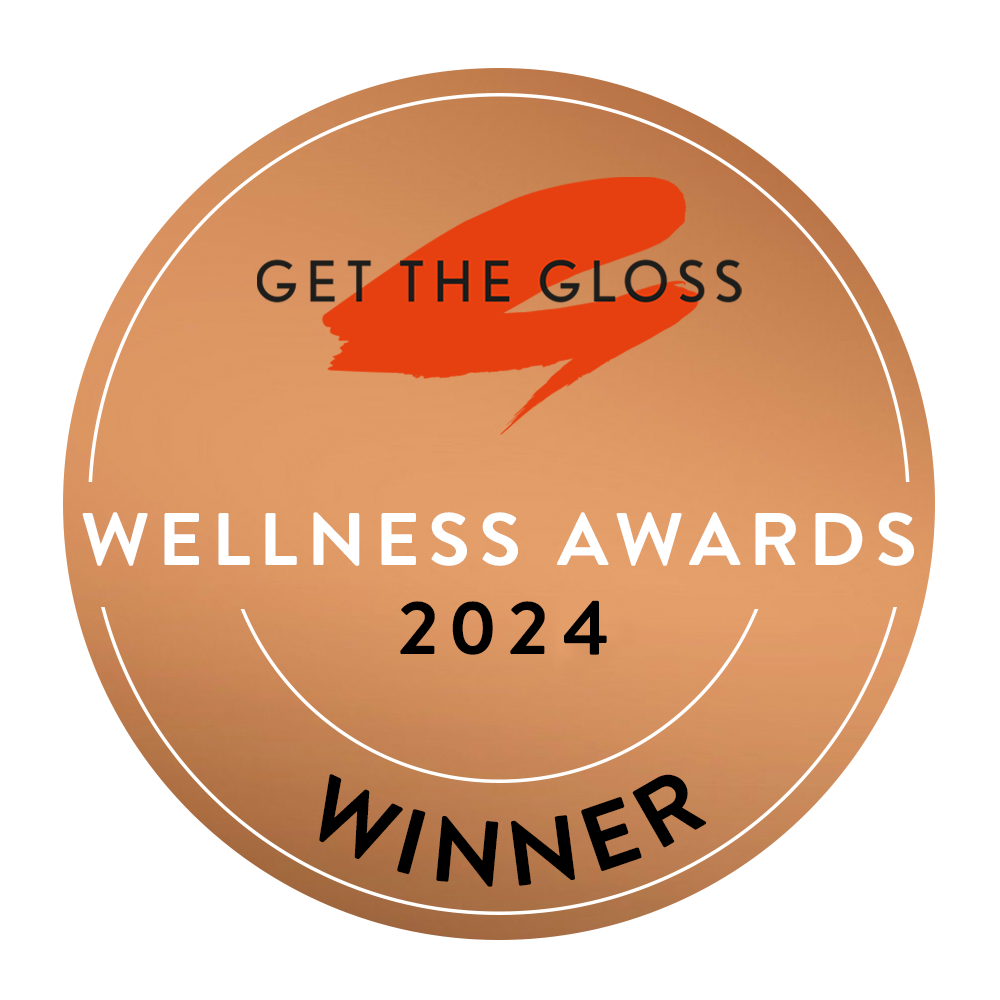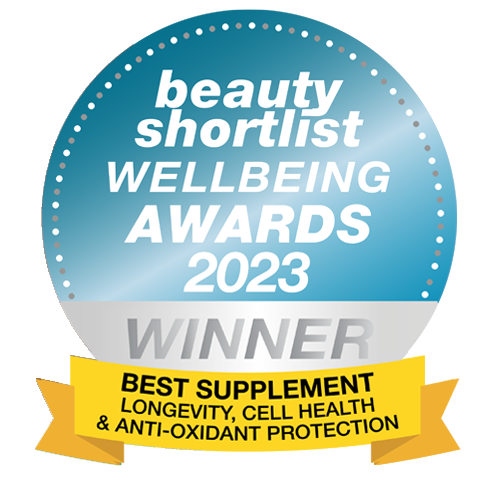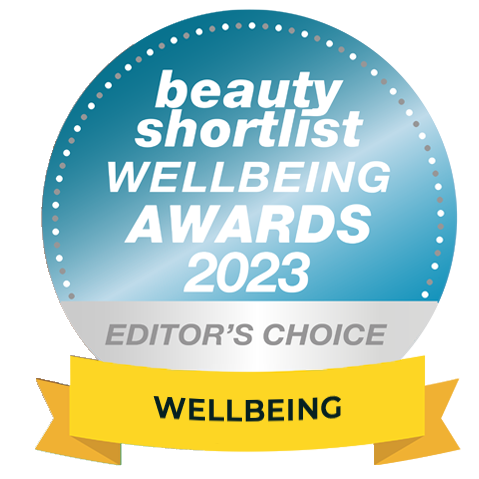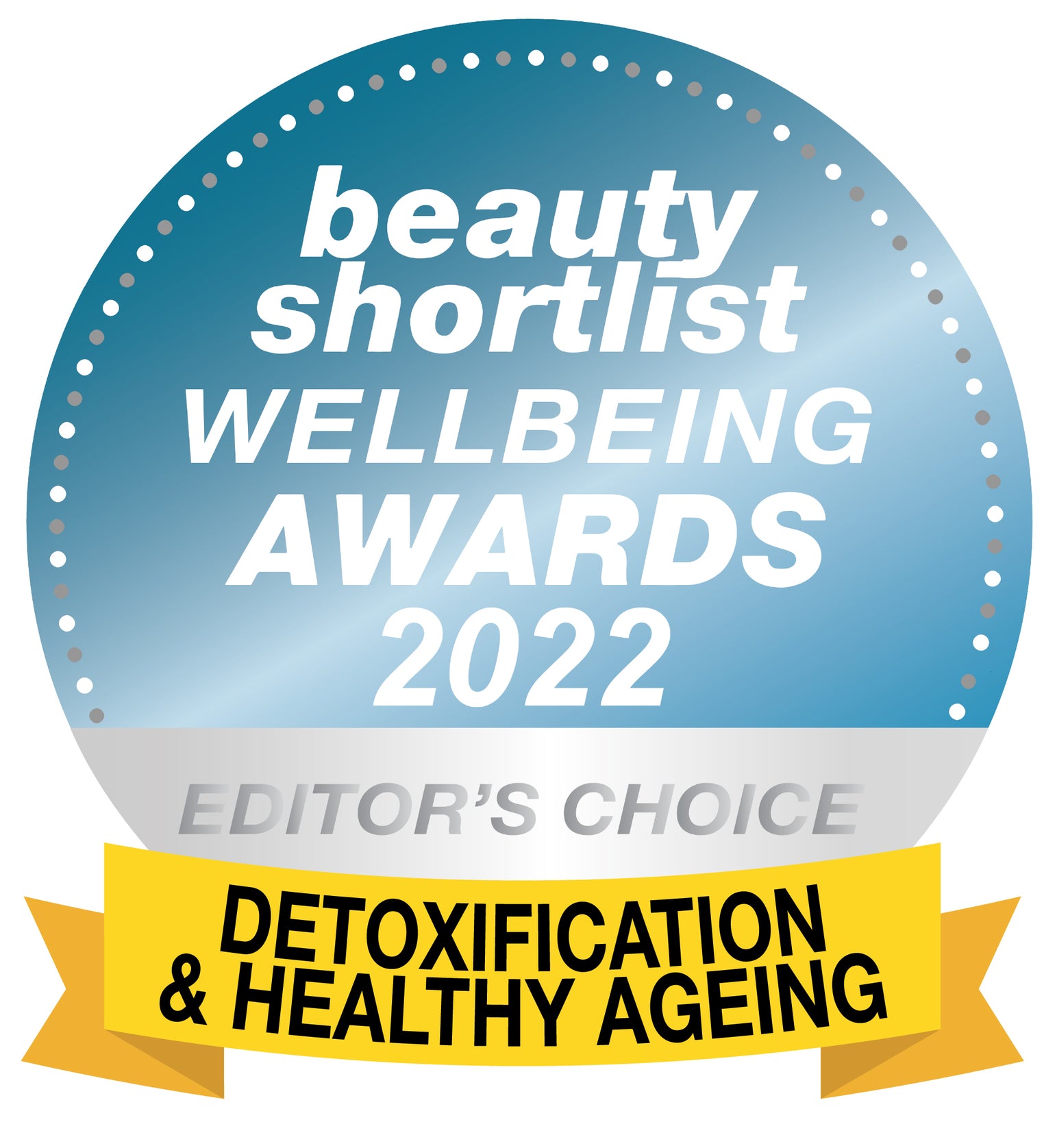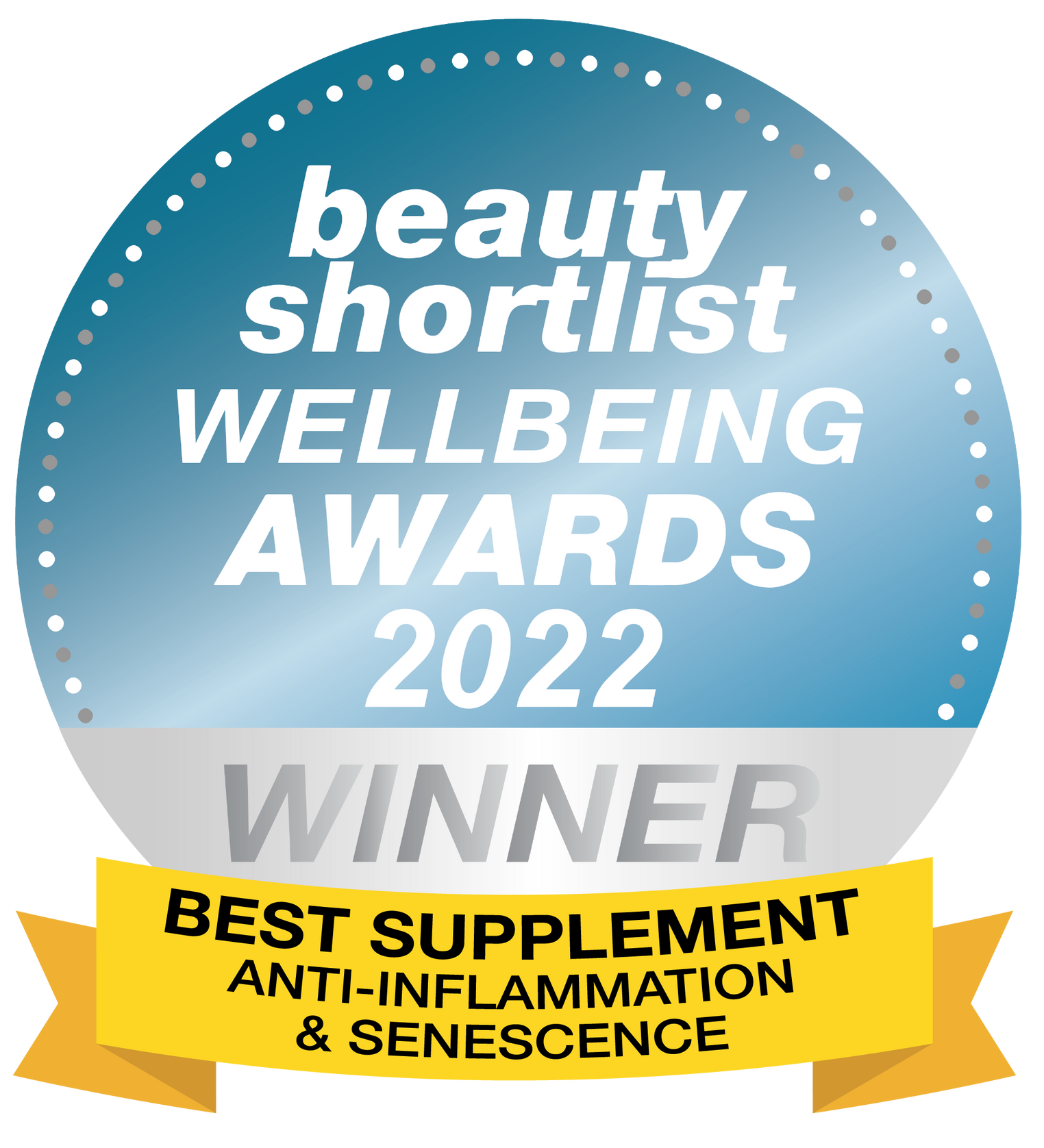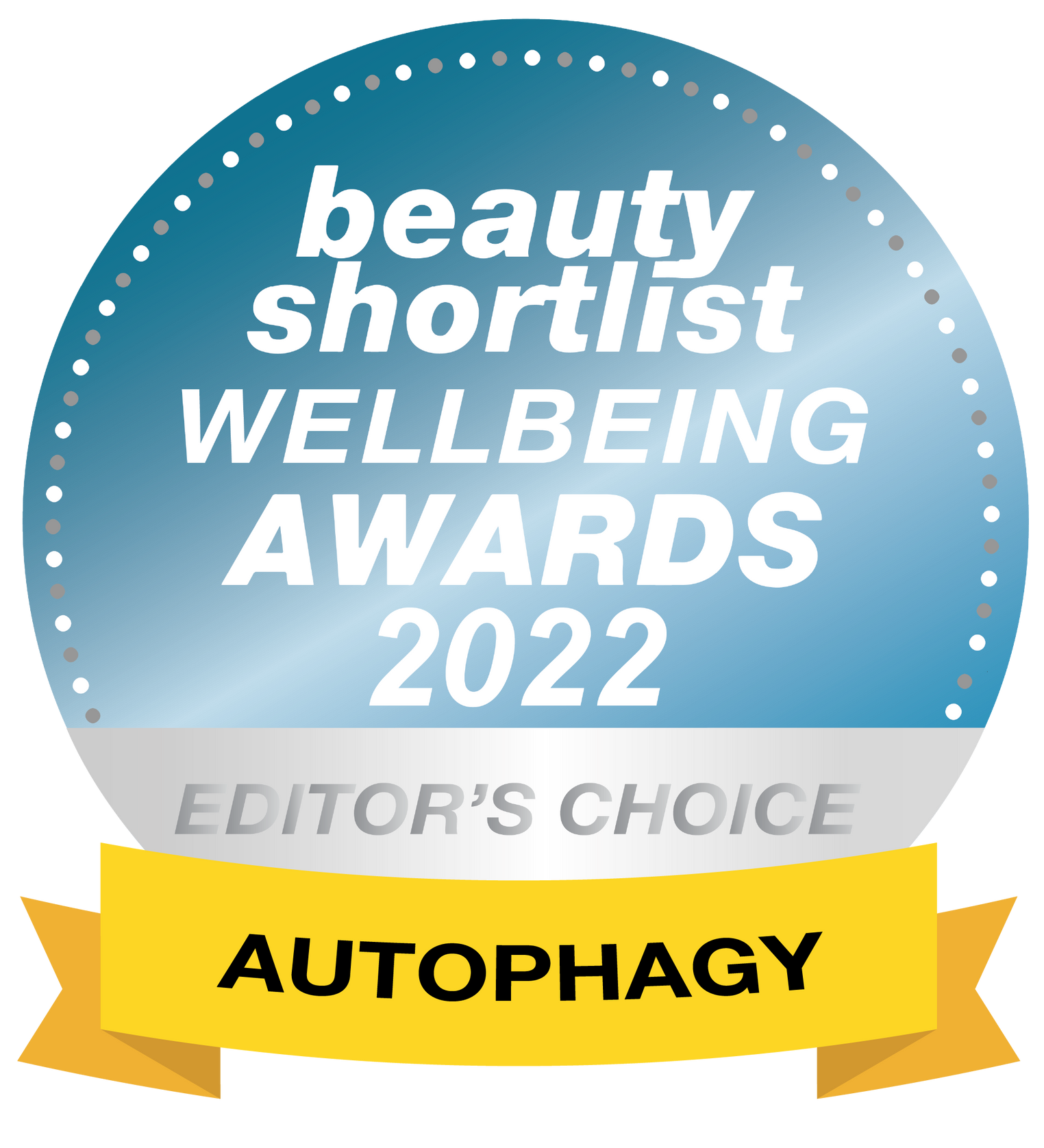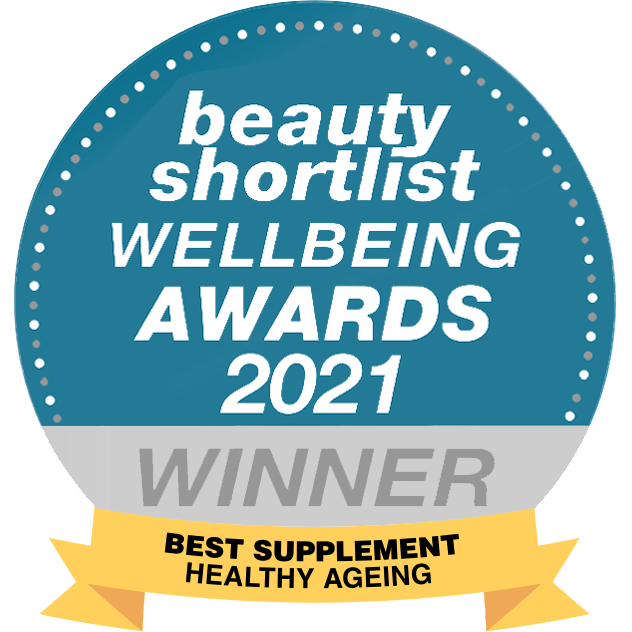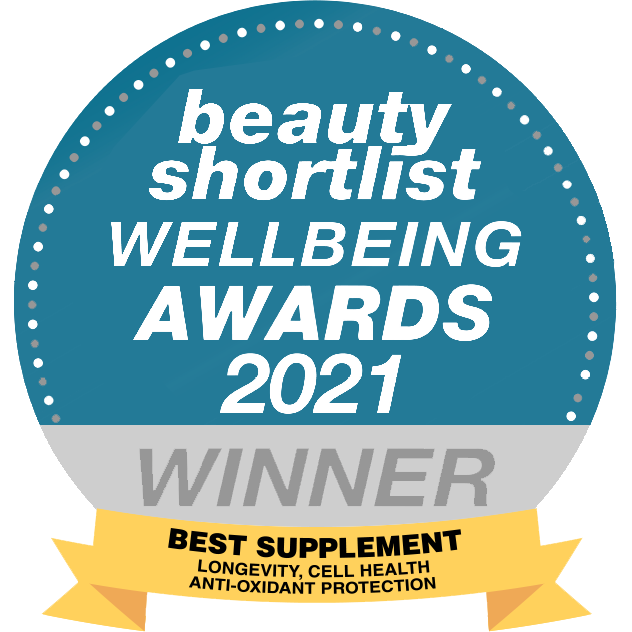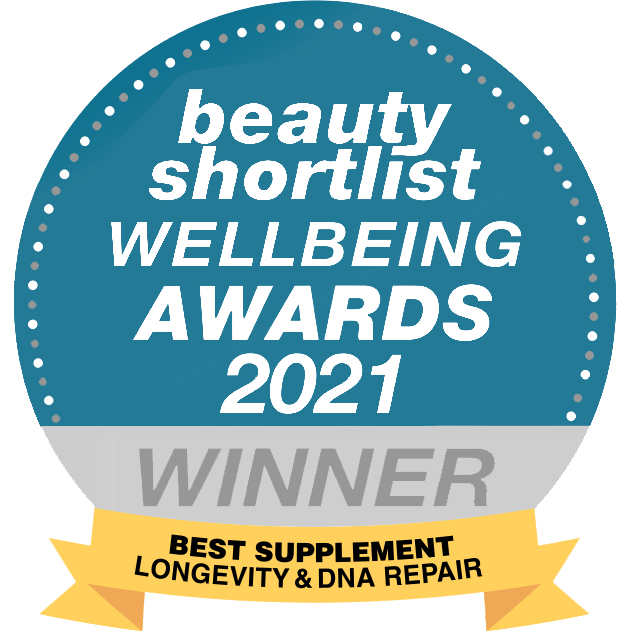Glutathione, often called the "master detoxifier," is a powerful antioxidant that protects cells, supports detoxification, and promotes longevity. As we age, glutathione levels decline, contributing to oxidative stress and age-related conditions. By leveraging biohacking strategies like supplementation and diet, you can boost glutathione to enhance vitality and slow aging. This article explores glutathione’s role in biohacking, its anti-aging benefits, and practical ways to optimize levels for a healthier, longer life.
TL;DR: Glutathione for Biohacking and Longevity
Glutathione is a critical antioxidant that combats free radicals, supports detoxification, and protects cellular health, key pillars of biohacking for anti-aging. Declining levels with age increase oxidative stress, linked to chronic diseases and aging signs like wrinkles. Biohacking strategies—such as liposomal glutathione supplements, sulfur-rich foods, and lifestyle habits like sleep and exercise—can boost glutathione, reduce inflammation, and promote longevity. This article details glutathione’s benefits, science-backed interventions, and practical biohacking tips.
Table of Contents
|
What Is Glutathione and Why Is It a Biohacking Essential?
Glutathione (GSH) is a tripeptide made of cysteine, glutamic acid, and glycine, produced in the liver and found in every cell. Known as the “master detoxifier,” it neutralizes free radicals—unstable molecules with unpaired electrons that damage DNA, proteins, and cells. This oxidative stress accelerates aging and chronic diseases. Glutathione’s role in biohacking lies in its ability to protect mitochondria, support detoxification, and enhance cellular repair, all critical for anti-aging and longevity.
Why It Matters: Glutathione levels decline with age, stress, and poor lifestyle, increasing vulnerability to oxidative damage. Biohackers target glutathione to optimize healthspan, reduce inflammation, and slow aging markers like wrinkles and fatigue. Learn more about biohacking strategies for longevity.
Science Snapshot: Glutathione’s Role in Anti-Aging
Glutathione is a cornerstone of biohacking for longevity due to its multifaceted roles:
-
Neutralizes Free Radicals: Donates electrons to stabilize reactive oxygen species, preventing cellular damage.
-
Supports Detoxification: Binds to toxins like heavy metals, aiding their excretion.
-
Boosts Mitochondrial Function: Protects the “powerhouse” of cells, enhancing energy production.
-
Reduces Inflammation: Lowers oxidative stress, a driver of chronic diseases like cancer and diabetes.
-
Enhances Immune Health: Optimizes immune cell function, critical for healthy aging.
Key Research: A 2013 study in Oxidative Medicine and Cellular Longevity linked glutathione deficiency to increased oxidative stress and cancer progression. Another study in Hepatology (2018) showed high-dose glutathione improved liver function in non-alcoholic fatty liver disease (NAFLD) patients.
How Does Glutathione Boost Anti-Aging Through Biohacking?
Glutathione’s anti-aging benefits stem from its ability to combat oxidative stress, a primary driver of aging. As free radicals accumulate, they damage cells, leading to wrinkles, fatigue, and chronic conditions. Biohacking with glutathione—through supplements, diet, or lifestyle—restores balance, protecting DNA and tissues.
How It Works:
-
Cellular Protection: Glutathione neutralizes free radicals, preserving skin elasticity and organ function.
-
Detoxification: Removes toxins like heavy metals, reducing systemic stress.
-
Mitochondrial Support: Enhances energy production, countering age-related fatigue.
-
Inflammation Control: Lowers chronic inflammation, linked to diseases like Alzheimer’s and heart disease.
Biohacking Tip: Combine glutathione supplementation with intermittent fasting to amplify detoxification and cellular repair. Explore biohacking NAD+ benefits for synergistic anti-aging effects.
What Are the Health Benefits of Glutathione for Longevity?
Glutathione supports longevity by addressing multiple health challenges:
-
Reduces Oxidative Stress: Prevents damage to DNA, proteins, and lipids, lowering risks of cancer, diabetes, and hypertension (Oxidative Medicine and Cellular Longevity, 2013).
-
Improves Liver Health: High-dose glutathione reduced liver fat in NAFLD patients, even months after treatment (Hepatology, 2018).
-
Enhances Insulin Sensitivity: Boosting glutathione with cysteine and glycine improved fat burning and insulin resistance in elderly subjects in just 14 days (American Journal of Clinical Nutrition, 2011).
-
Supports Autoimmune Health: Protects mitochondria in conditions like lupus, reducing inflammation (Autoimmunity Reviews, 2015).
-
Eases Parkinson’s Symptoms: Improves tremor and mobility in Parkinson’s patients (Journal of Neurology, 2017).
-
Improves Circulation: Enhances blood flow in peripheral artery disease, reducing pain (Circulation, 2016).
-
Protects Against Alcohol-Related Damage: As we age, the liver’s ability to detoxify alcohol diminishes due to declining glutathione levels. Chronic alcohol consumption depletes glutathione in the liver and lungs, increasing oxidative stress and damage to these organs. A 2000 study in Chest found that heavy alcohol use reduces lung glutathione by 80–90%, impairing respiratory function. Supplementing with glutathione or its precursors (like GlyNAC) supports liver detoxification and protects lung tissue, helping mitigate alcohol-related aging effects, especially in older adults.
Use Case Example: A biohacker’s daily routine might include liposomal glutathione, intermittent fasting, and cold showers to maximize detoxification and energy, while limiting alcohol to preserve glutathione levels.
How Can You Naturally Increase Glutathione Levels?
Boosting glutathione through diet and lifestyle is a core biohacking strategy:
-
Sulfur-Rich Foods: Beef, fish, poultry, broccoli, Brussels sprouts, and garlic provide sulfur for glutathione synthesis.
-
Vitamin C: Found in citrus, bell peppers, and strawberries, it spares glutathione by neutralizing free radicals first (Journal of Nutrition, 2015).
-
Milk Thistle (Silymarin): Found in artichokes and supplements, it boosts glutathione and reduces depletion (Phytomedicine, 2014).
-
Curcumin: Present in turmeric, it enhances glutathione enzyme activity (Free Radical Biology and Medicine, 2016).
-
Lifestyle Habits:
-
Sleep: Chronic sleep loss lowers glutathione; aim for 7–8 hours nightly.
-
Exercise: Combine cardio and strength training to boost glutathione levels.
-
Moderate Alcohol: Heavy drinking depletes lung and liver glutathione by 80–90% (Chest, 2000). Limit alcohol to protect these levels, especially as you age.
-
Biohacking Tip: Pair sulfur-rich meals with Youth & Earth’s Liposomal Vitamin C for optimal glutathione support.
What Are the Best Glutathione Supplements for Biohacking?
Oral glutathione has low bioavailability, but advanced delivery methods enhance absorption:
-
Liposomal Glutathione: Encapsulates glutathione in lipid spheres, delivering it directly to cells. Youth & Earth’s Liposomal Glutathione is 100x more effective than standard supplements which comes in liquid and also capsules
-
GlyNAC: A combination of Glycine and N-Acetylcysteine (NAC), GlyNAC boosts glutathione by providing two key precursors. NAC is converted into cysteine, while glycine directly supports glutathione synthesis. Together, they enhance antioxidant capacity, reduce oxidative stress, and improve mitochondrial function. A 2011 study in American Journal of Clinical Nutrition showed that supplementing elderly subjects with glycine and NAC increased glutathione levels, improved fat burning, and enhanced insulin sensitivity in just 14 days.
Pros/Cons Table:
|
Supplement |
Pros |
Cons |
|---|---|---|
|
Liposomal Glutathione |
High bioavailability, direct cell delivery |
Higher cost |
|
GlyNAC |
Boosts glutathione precursors, research-backed |
May require higher doses for effect |
Step-by-Step Biohacking Process:
-
Take 500mg liposomal glutathione daily with breakfast.
-
Pair with GlyNAC (600mg NAC + 600mg glycine) to enhance glutathione synthesis.
-
Include sulfur-rich foods like broccoli in meals.
-
Monitor energy and skin health for improvements.
Are There Side Effects of Glutathione Supplementation?
Glutathione from food is safe, but supplements may cause:
-
Digestive issues (bloating, cramps) in some users.
-
Reduced zinc levels with long-term use.
-
Asthma flare-ups if inhaled by asthma patients.
Disclaimer: Consult a healthcare provider before starting glutathione, especially if you have chronic conditions or take medications.
Conclusion: Biohacking Longevity with Glutathione
Glutathione is a biohacker’s ally for longevity, protecting cells, detoxifying the body, and reducing inflammation. By combining liposomal supplements, sulfur-rich foods, and lifestyle habits like sleep, exercise, and moderate alcohol consumption, you can optimize glutathione levels to slow aging and enhance vitality. These biohacking systems support longevity by reducing oxidative stress, boosting energy, and preventing chronic diseases.
Checklist for Longevity:
-
Take liposomal glutathione daily for maximum absorption.
-
Eat sulfur-rich foods like broccoli and garlic.
-
Supplement with vitamin C, silymarin, or curcumin.
-
Prioritize 7–8 hours of sleep and balanced exercise.
-
Limit alcohol to protect lung and liver glutathione levels, especially as you age.
FAQ: Glutathione and Anti-Aging
How does biohacking with glutathione promote anti-aging?
Glutathione neutralizes free radicals, supports detoxification, and protects mitochondria, reducing aging signs like wrinkles and fatigue.
What foods naturally boost glutathione levels?
Sulfur-rich foods like broccoli, garlic, beef, and eggs support glutathione synthesis. Almonds (83g daily) increase levels by 16% (Nutrition Research, 2014).
Is liposomal glutathione better than regular supplements?
Yes, liposomal glutathione delivers the molecule directly to cells, offering 100x better bioavailability than standard oral supplements.
Can glutathione help with chronic diseases?
Glutathione reduces oxidative stress, improving outcomes in NAFLD, diabetes, Parkinson’s, and autoimmune conditions (Hepatology, 2018;
Journal of Neurology, 2017).
How does glutathione support the body against alcohol as we age?
Glutathione detoxifies alcohol in the liver and protects lung tissue from oxidative damage. Heavy alcohol use depletes glutathione by 80–90%, accelerating aging, but supplementation helps restore levels (Chest, 2000).
Glossary of Terms
-
Glutathione (GSH): A tripeptide (cysteine, glutamic acid, glycine) that neutralizes free radicals and supports detoxification, critical for biohacking and anti-aging.
-
Oxidative Stress: Imbalance between free radicals and antioxidants, leading to cellular damage and aging.
-
Liposomal Delivery: Encapsulates nutrients in lipid spheres for enhanced cellular absorption, used in advanced glutathione supplements.
-
GlyNAC: A combination of glycine and N-Acetylcysteine, providing precursors to boost glutathione levels and combat oxidative stress.
About the Author and Review
About the Author:
Ed Van Harmelen is the founder of Youth & Earth and a passionate advocate for biohacking and anti-aging since 2017. He has been featured in numerous podcasts and wellness publications for his insights on longevity, biohacking, and the science behind supplements. Ed is widely regarded as a pioneer in bringing cutting-edge anti-aging tools to everyday consumers, making the benefits of advanced biohacking science both accessible and actionable.
Medically Reviewed By:
Mina Stanisavljevic, M.Sc. in Molecular Biology and Physiology, University of Belgrade. Mina is a Science Advisor at Youth & Earth and OptimallyMe. She specializes in cellular metabolism, biohacking, anti-aging, and evidence-based supplement strategies.
Last Updated: Thursday, July 24, 2025, 02:58 PM BST





